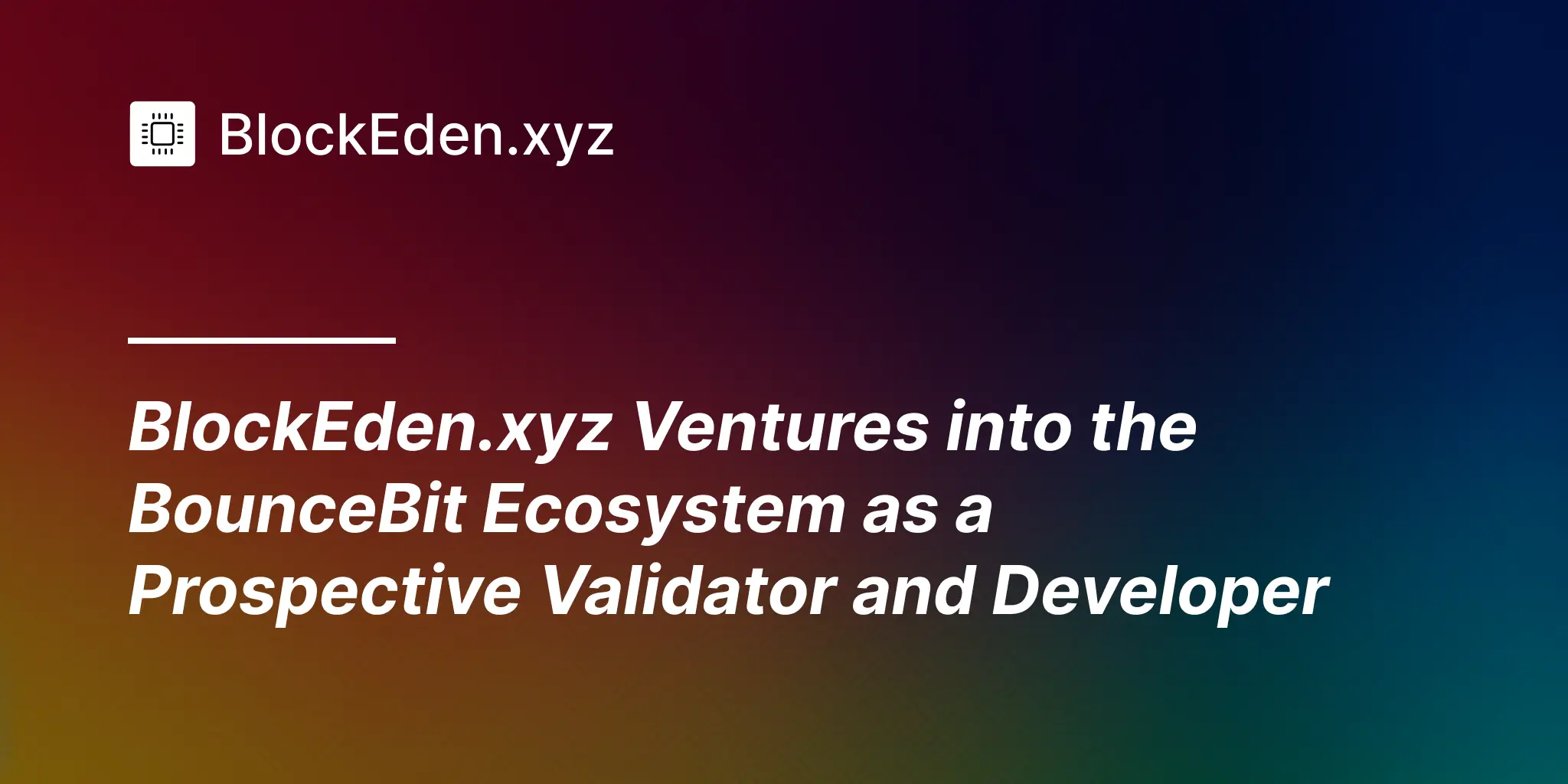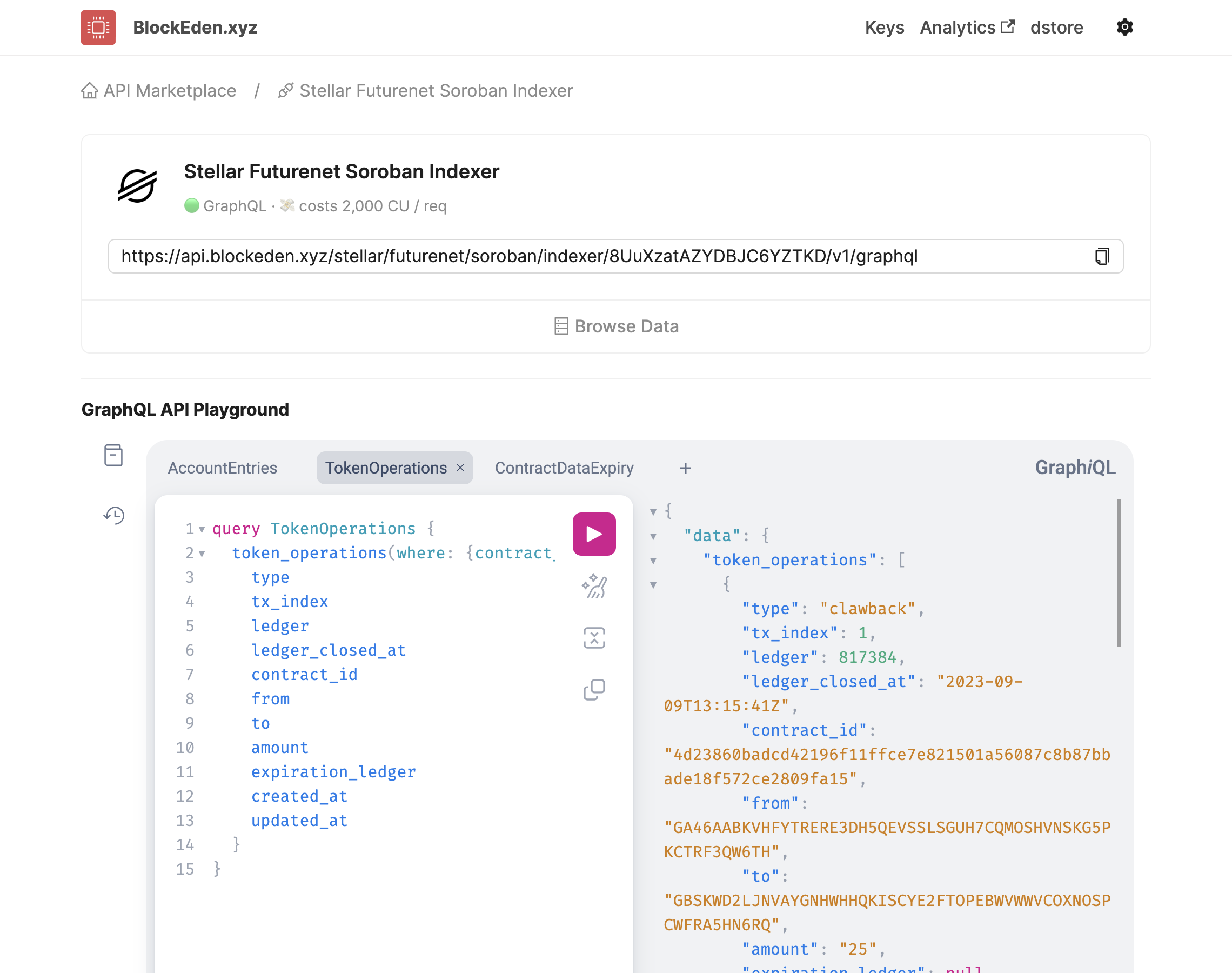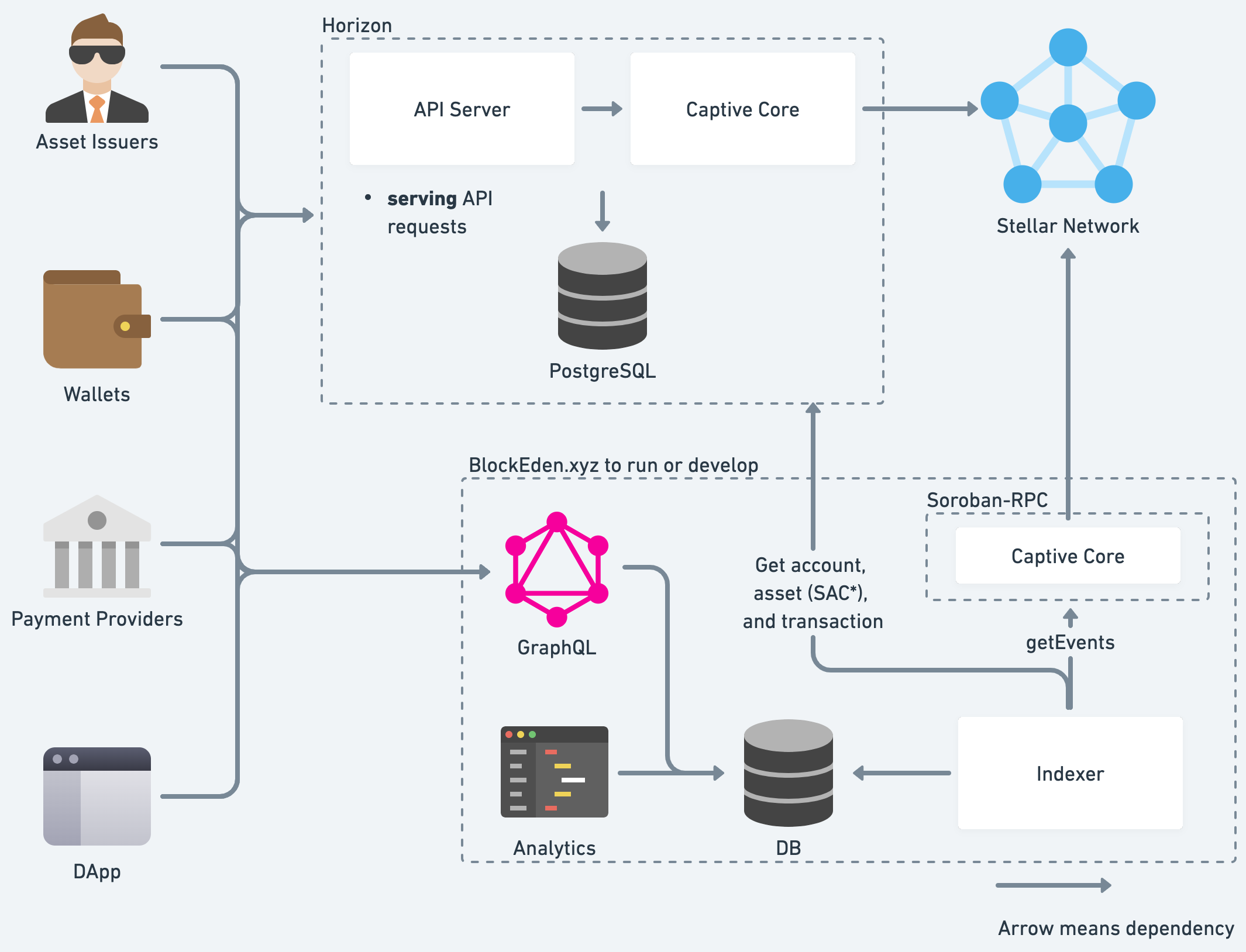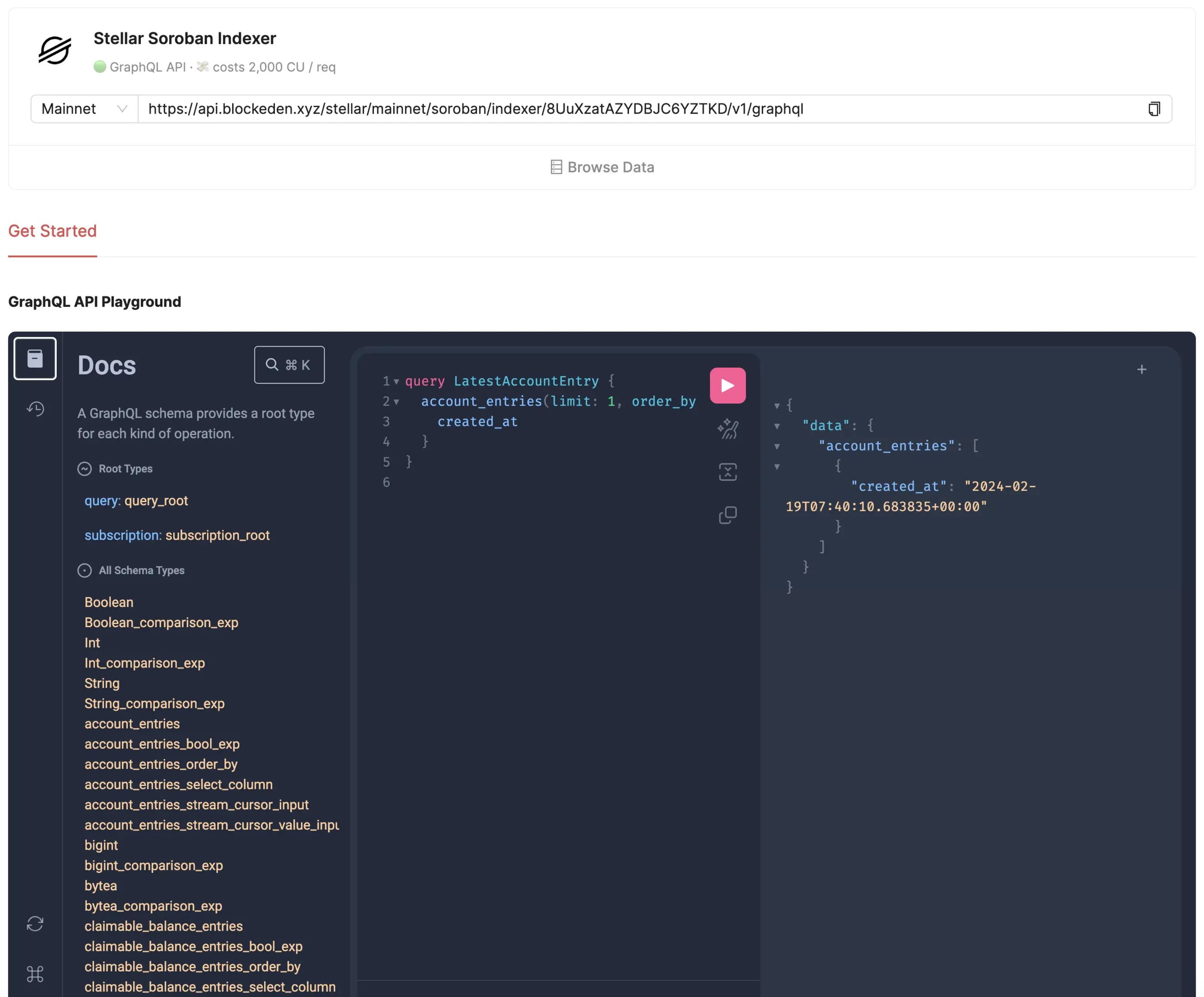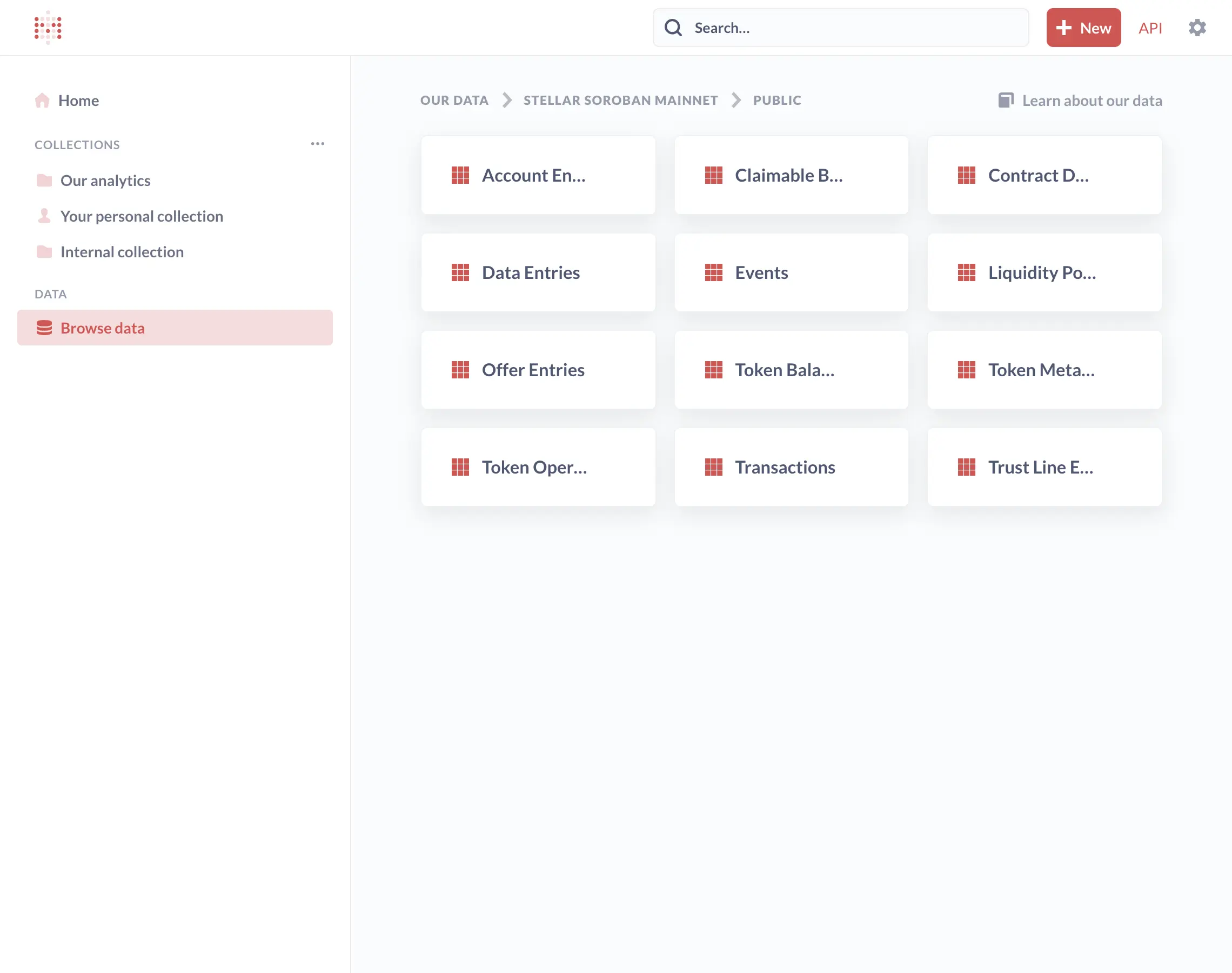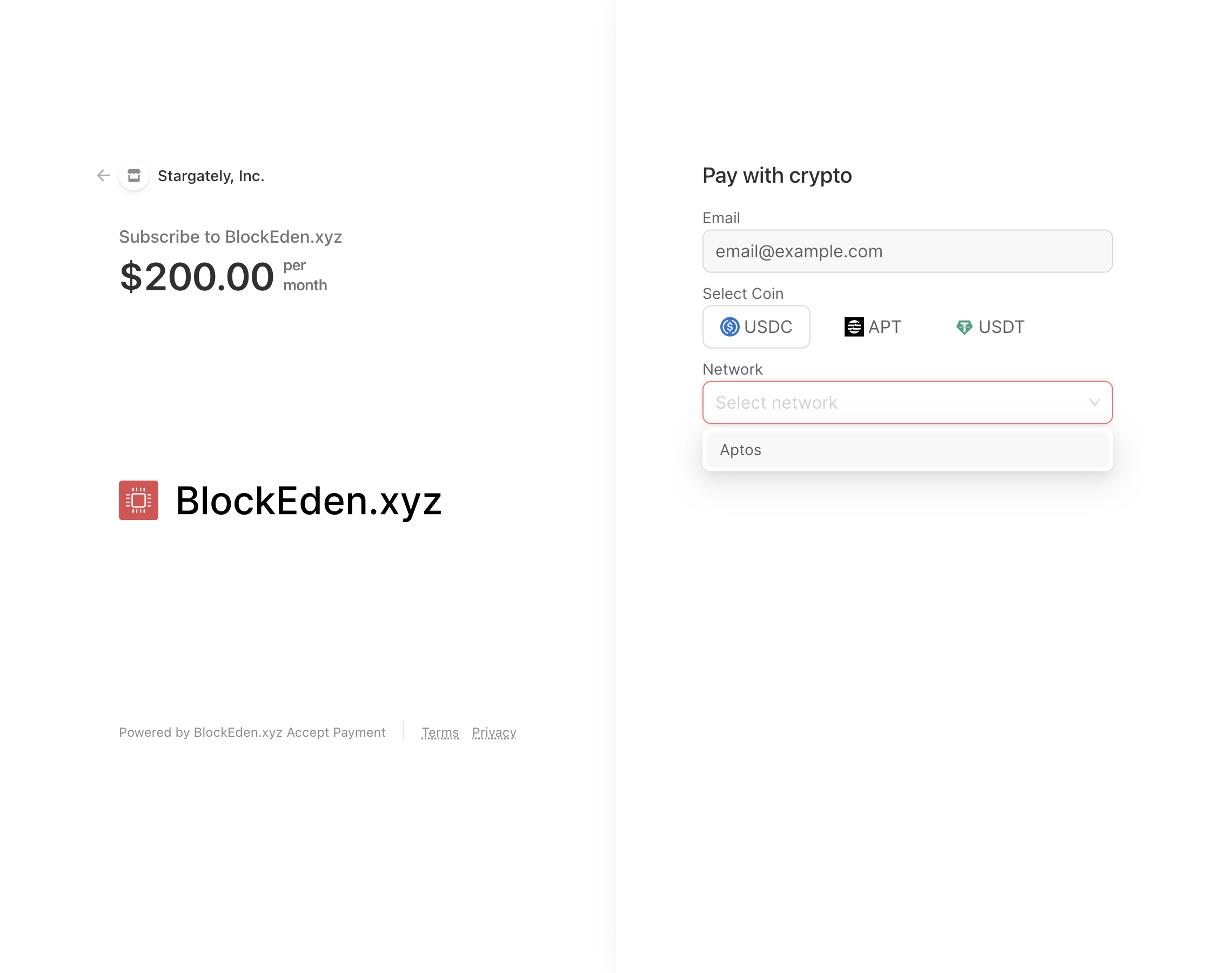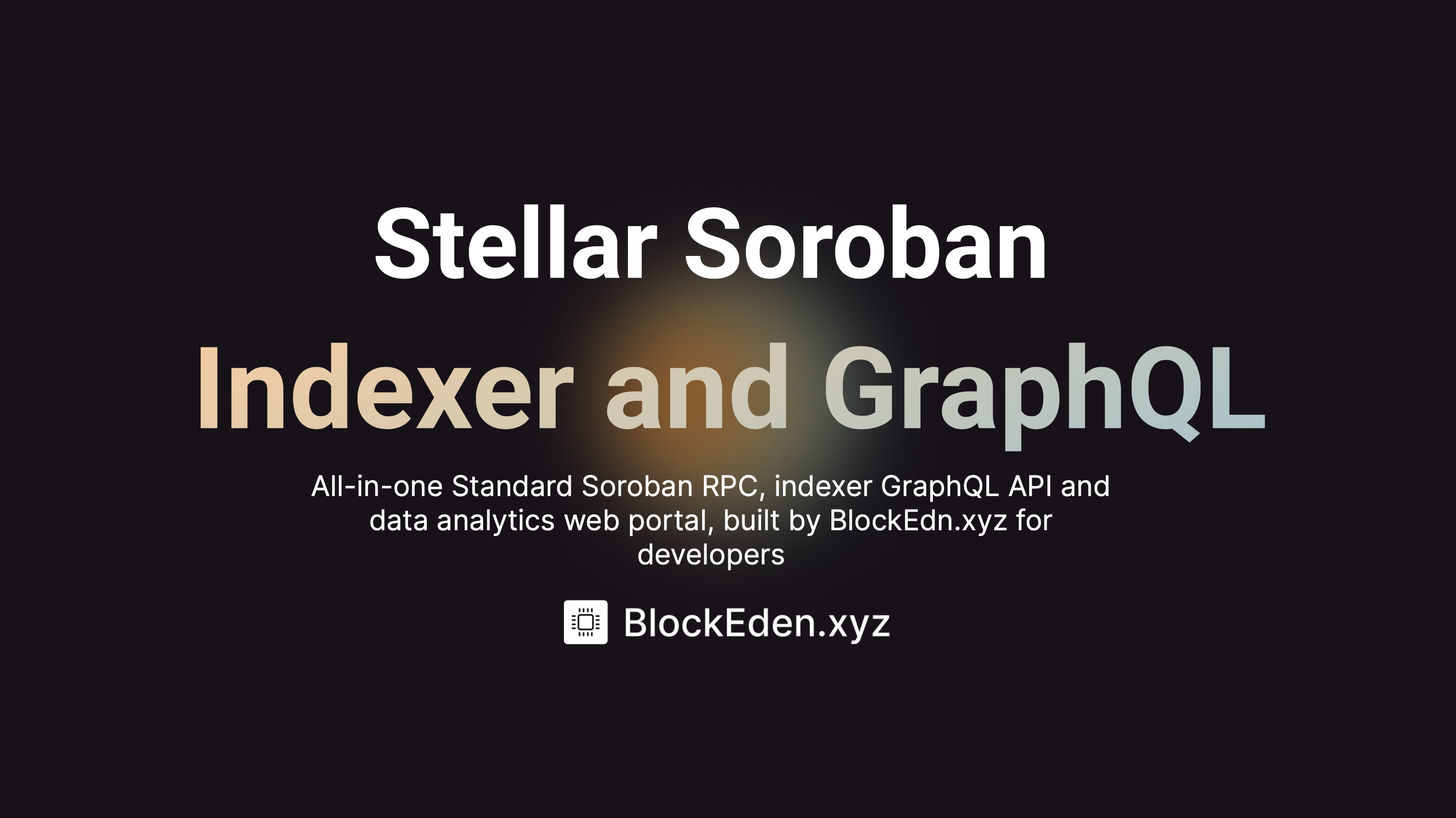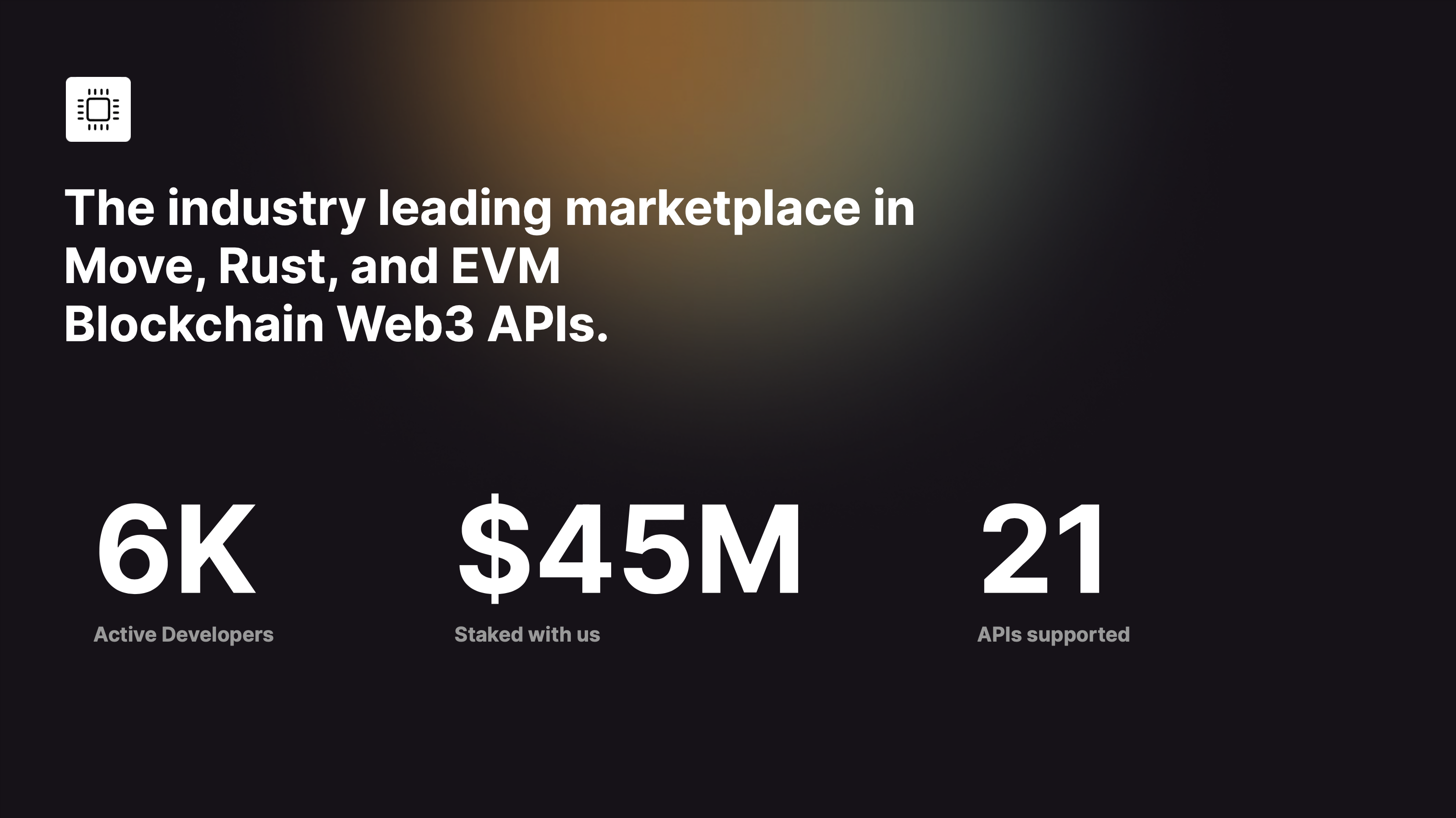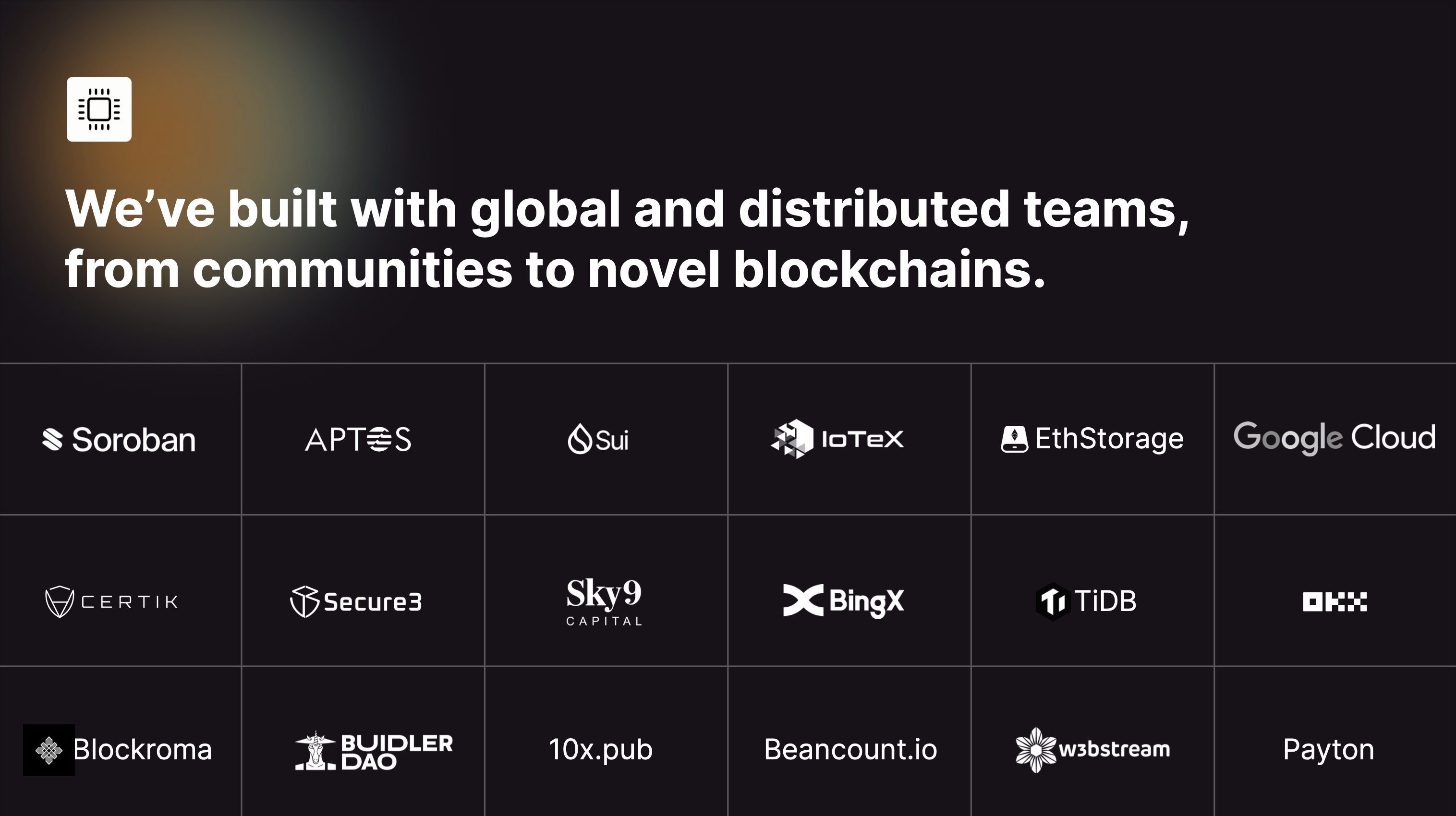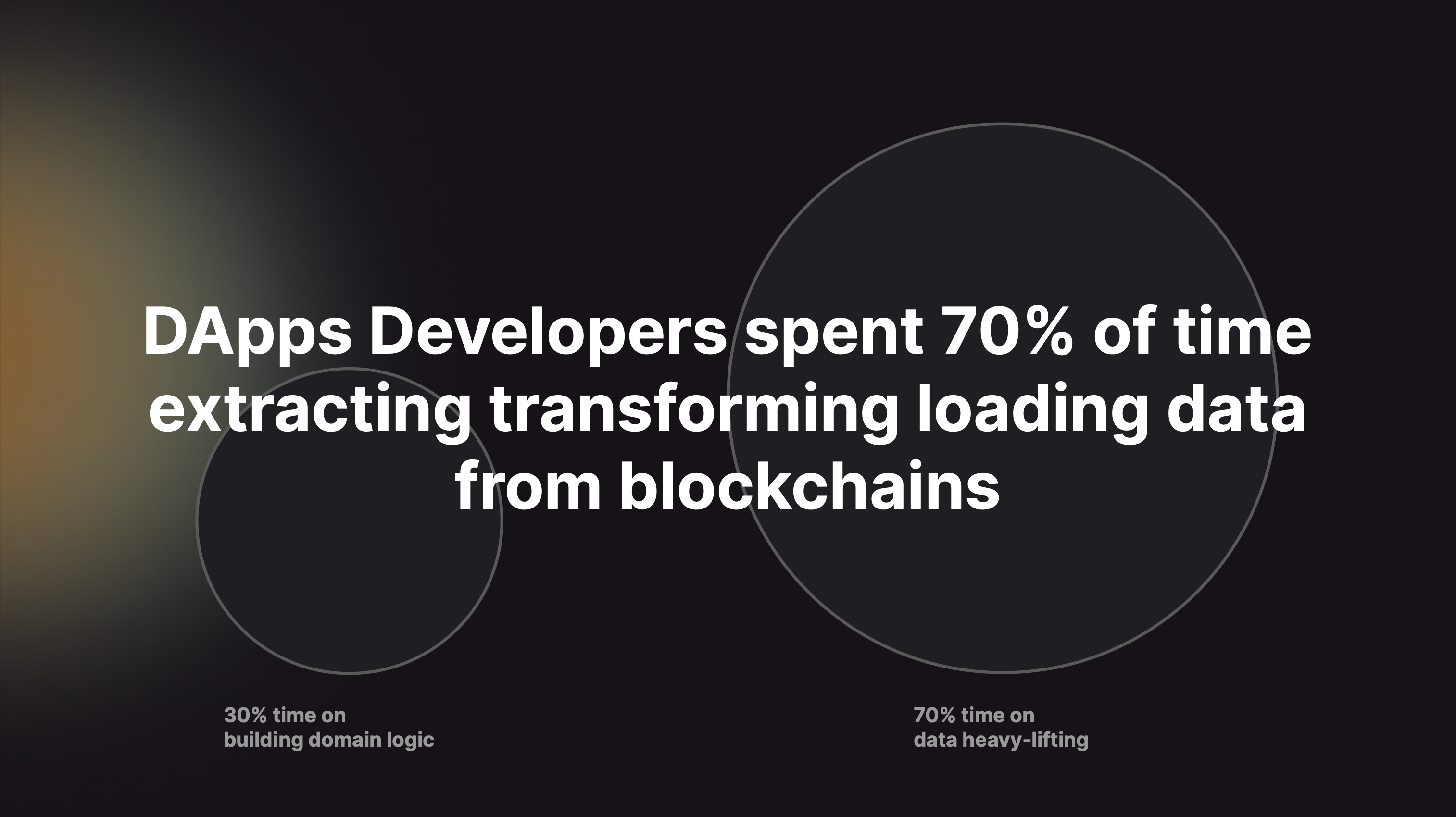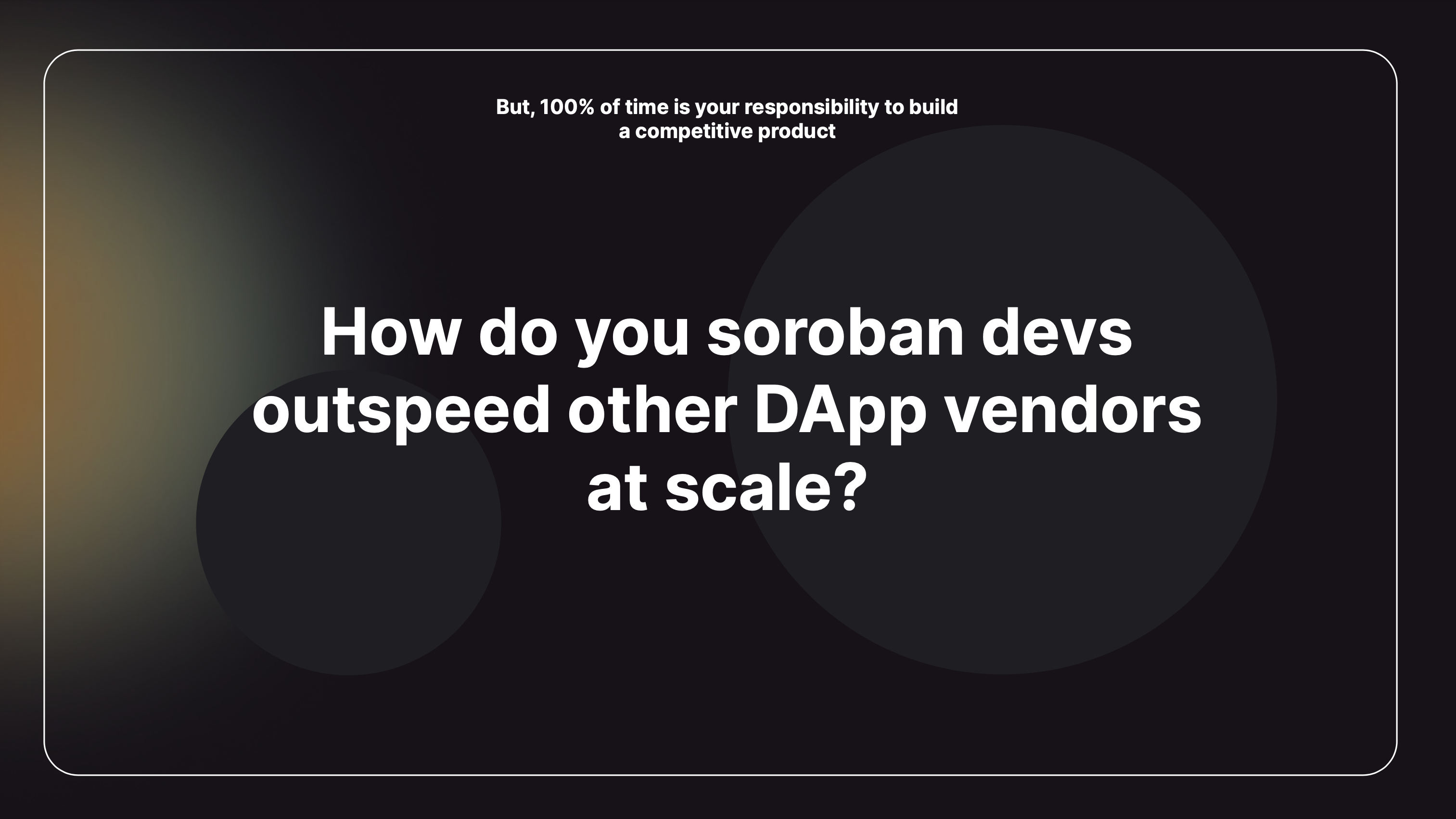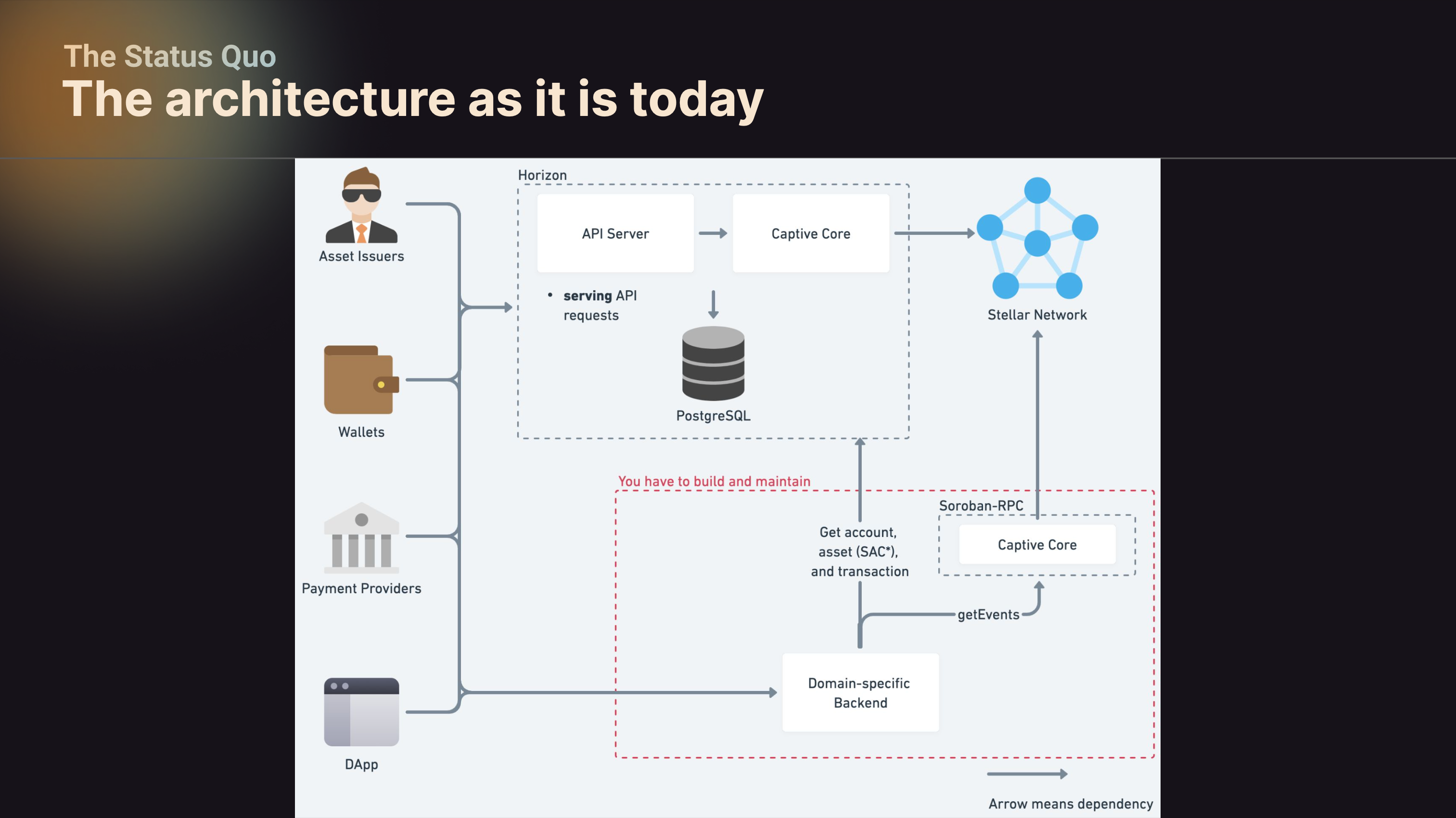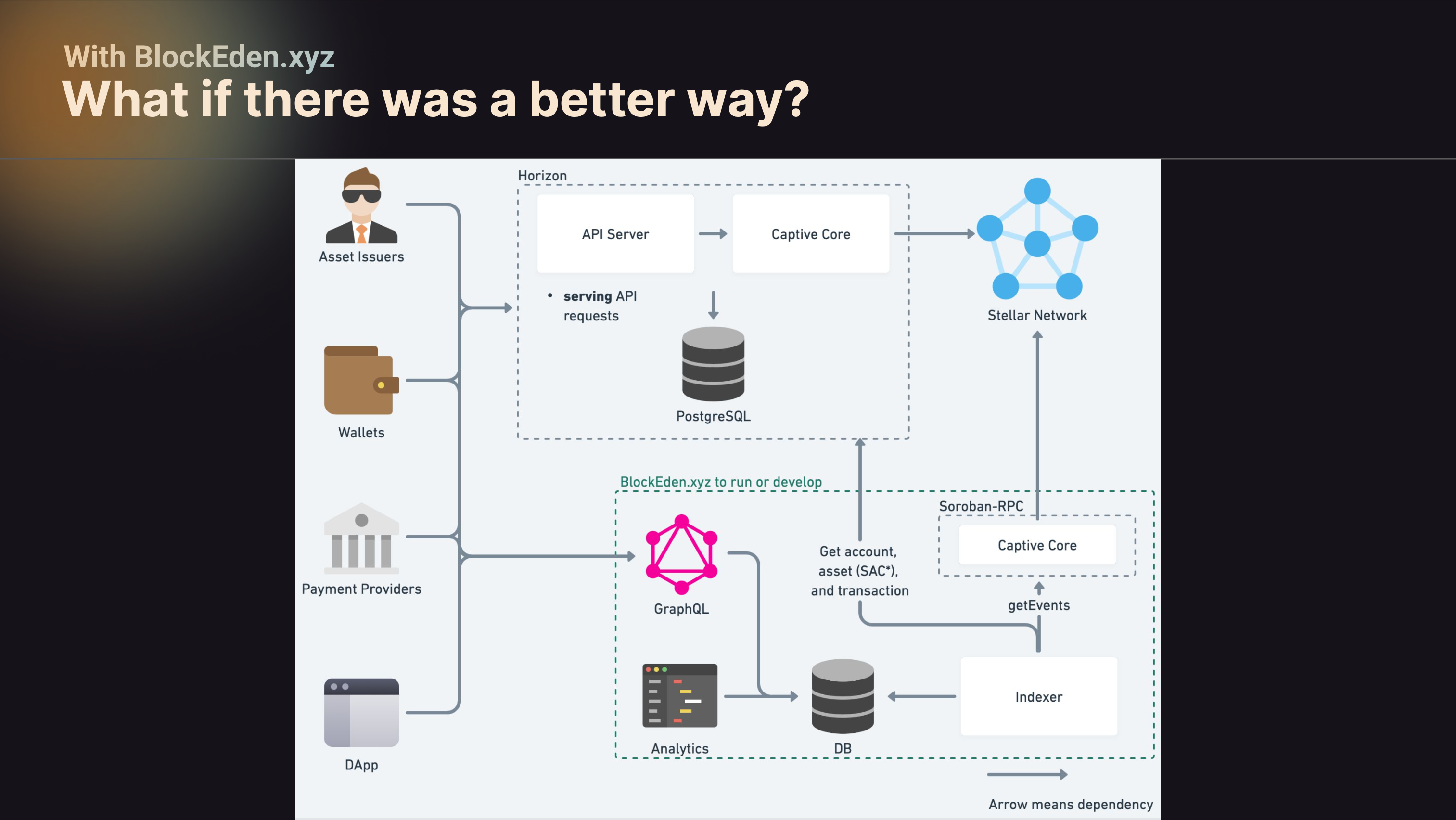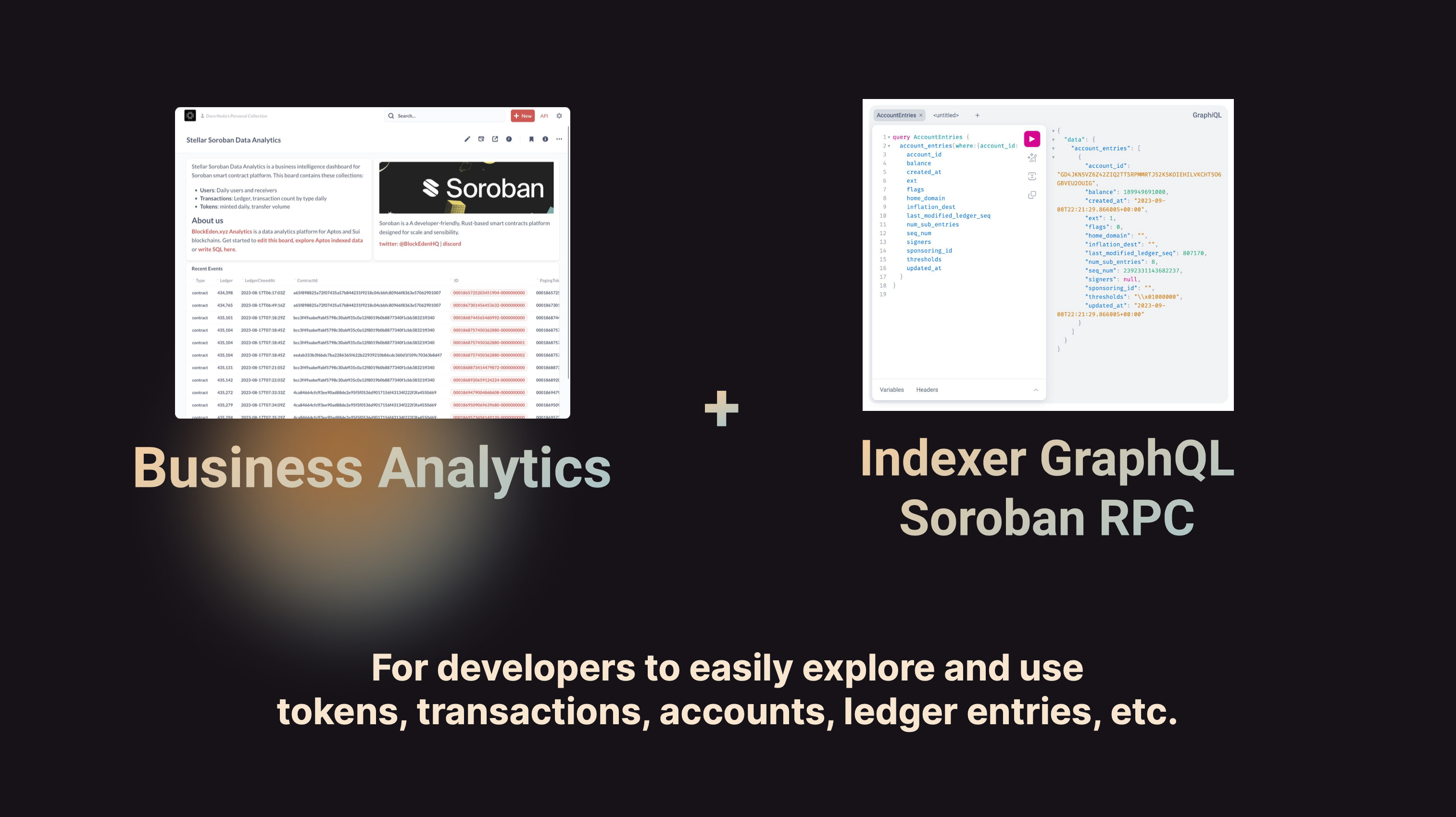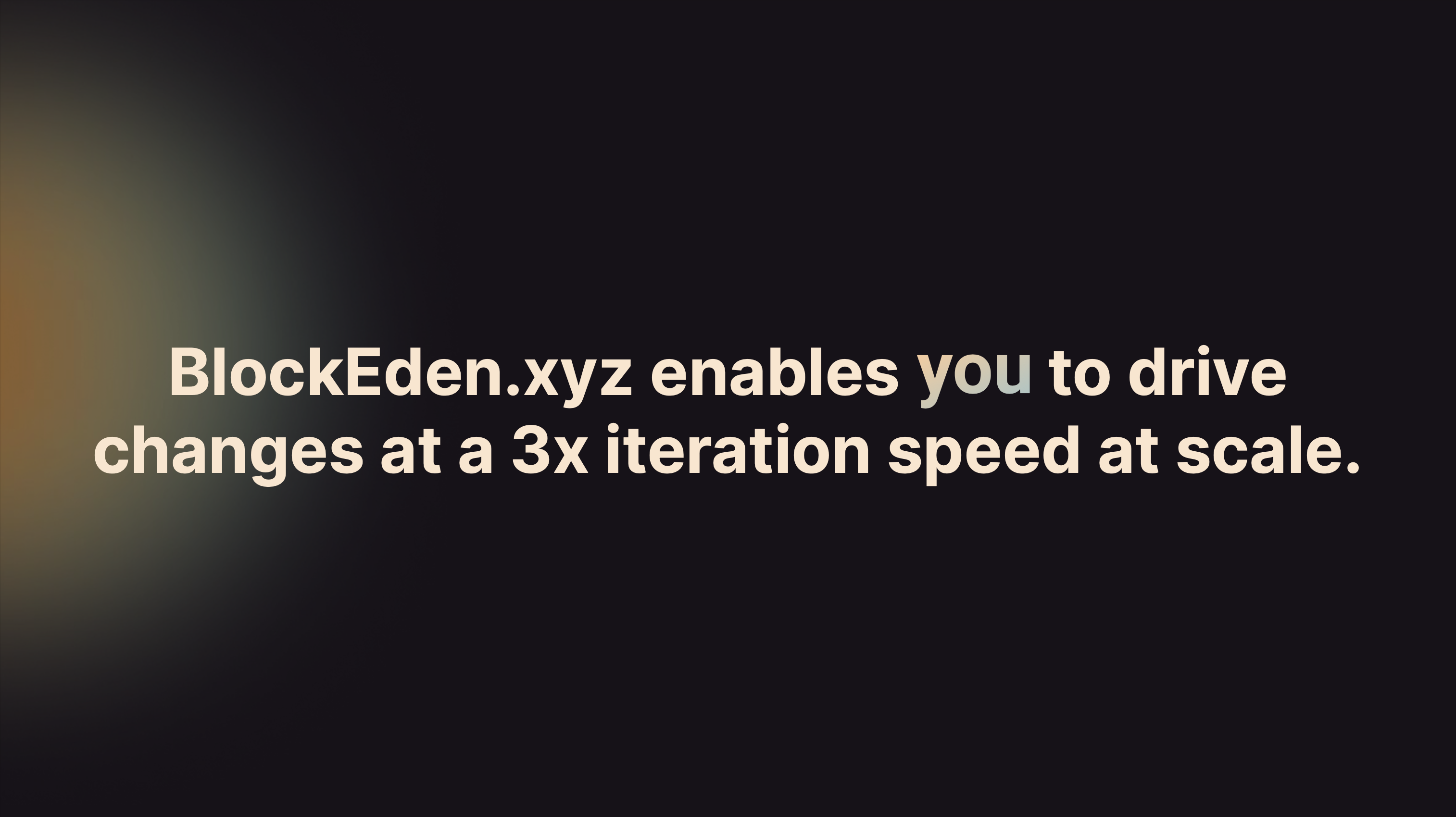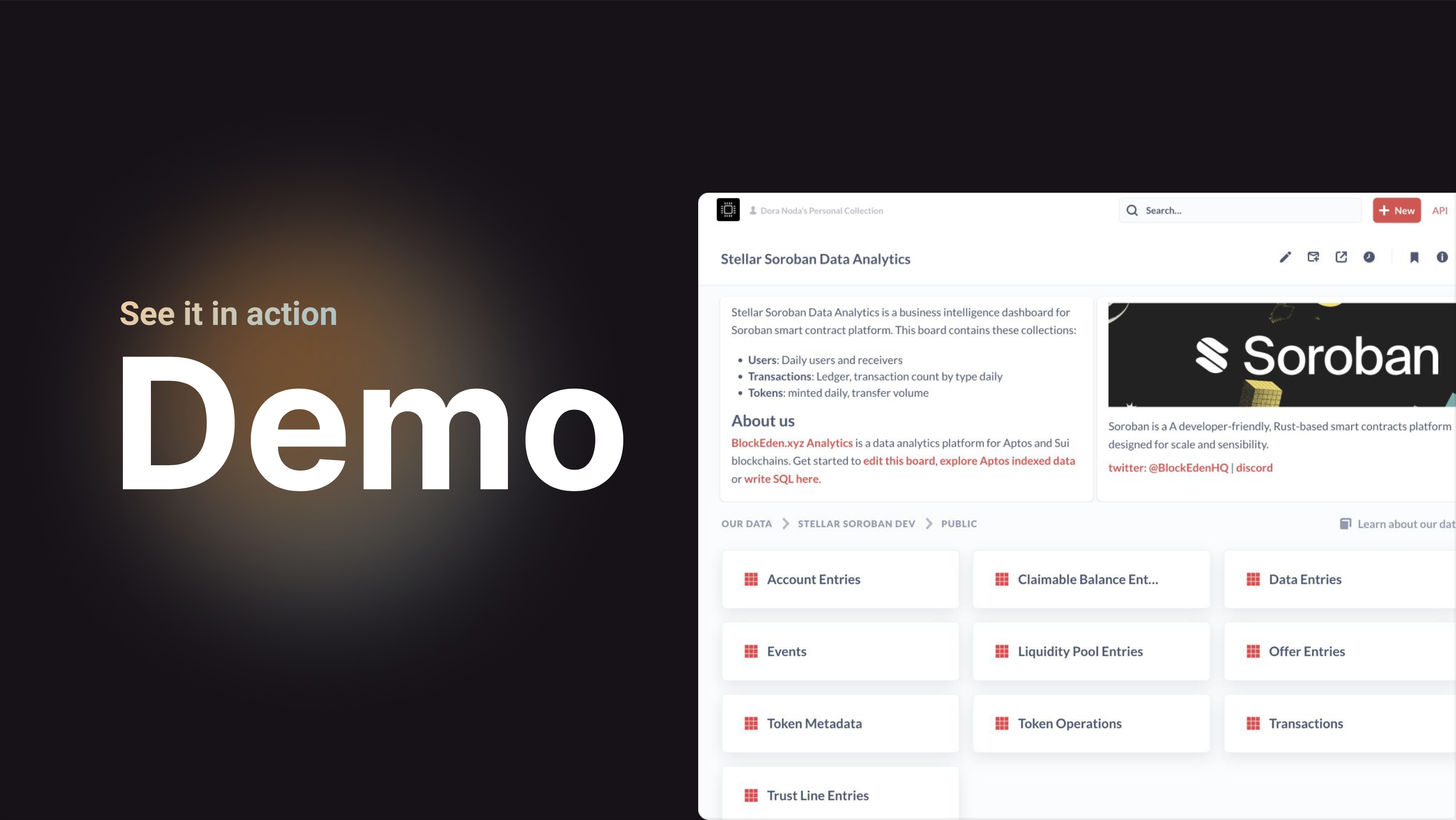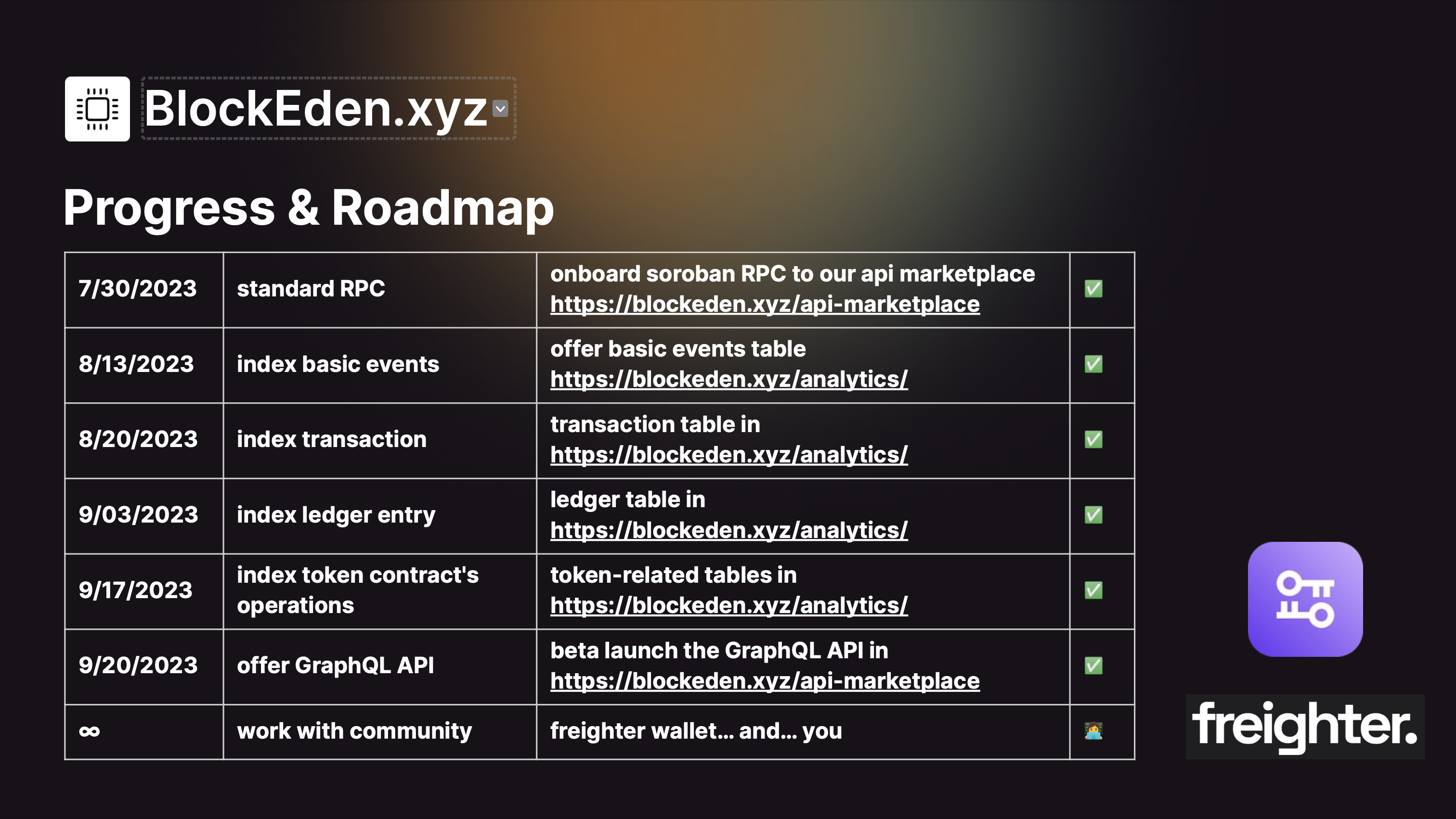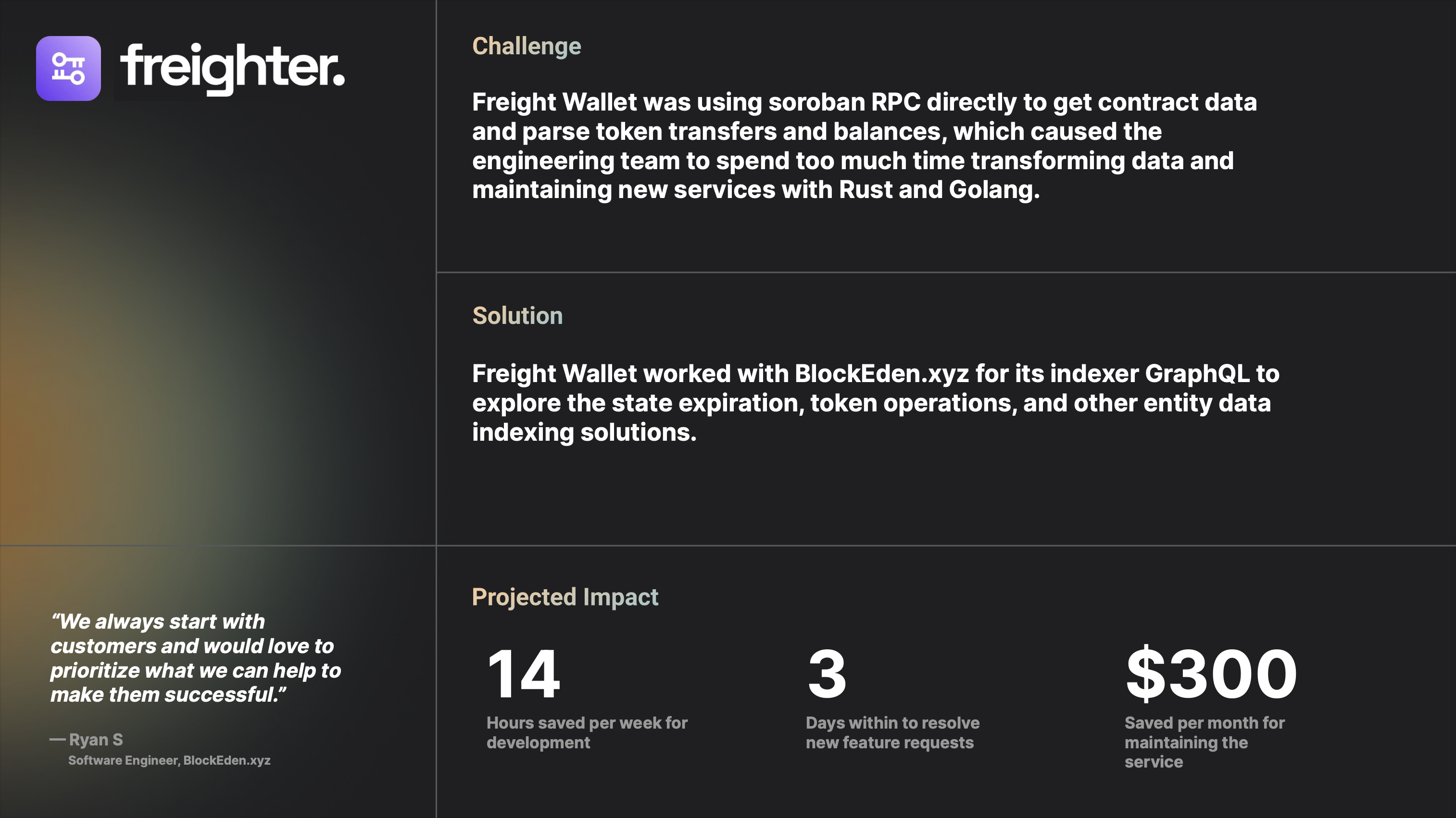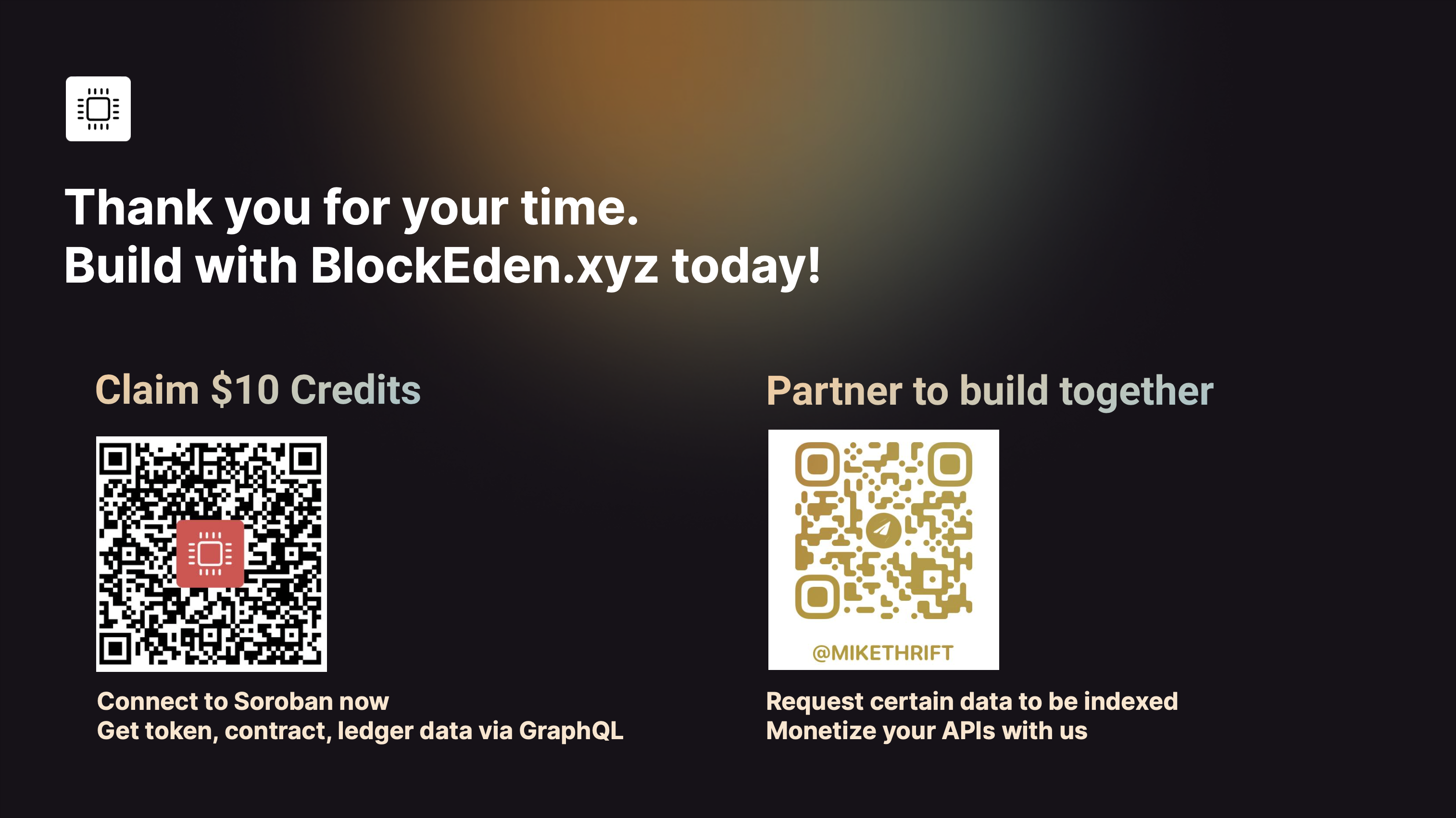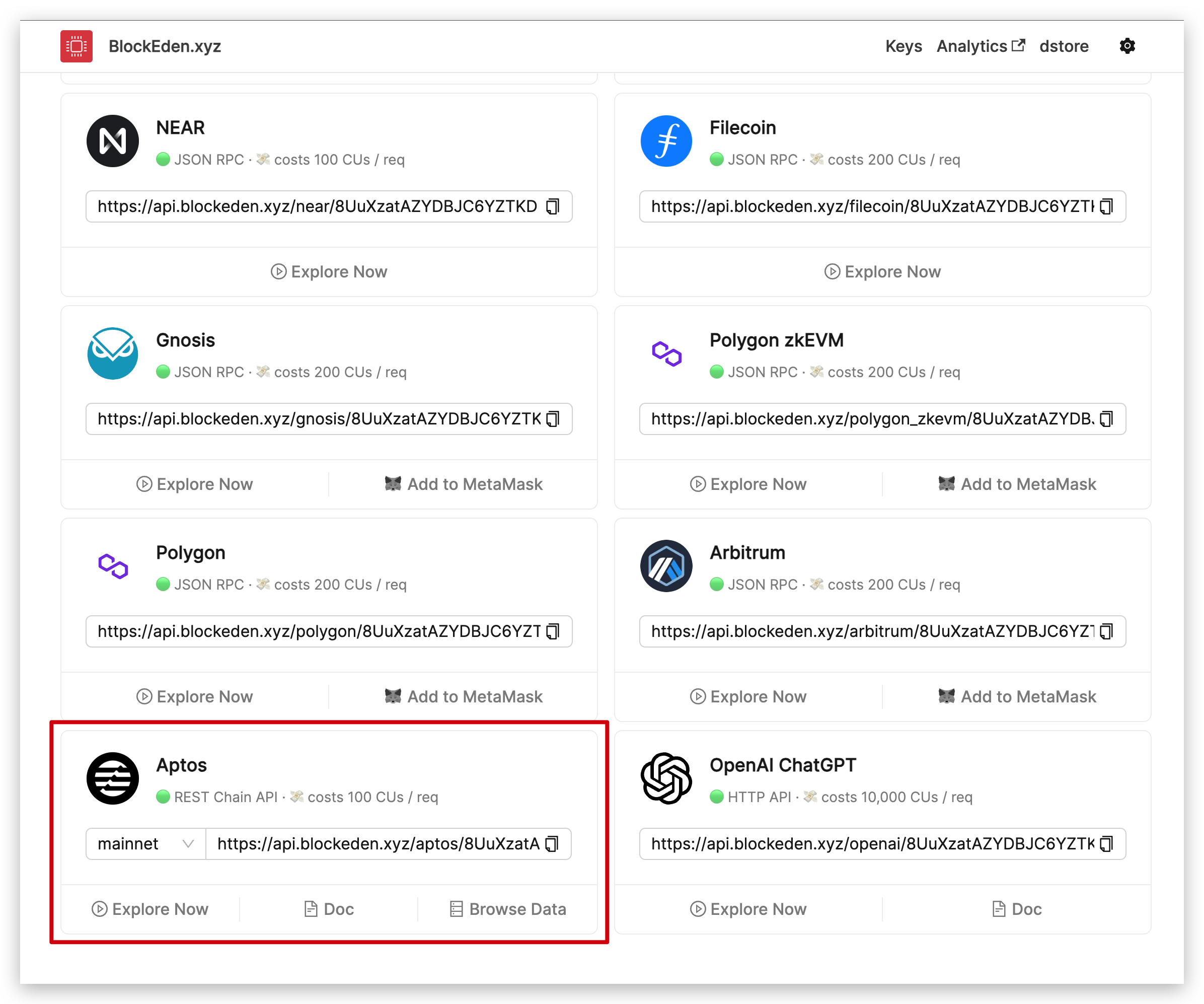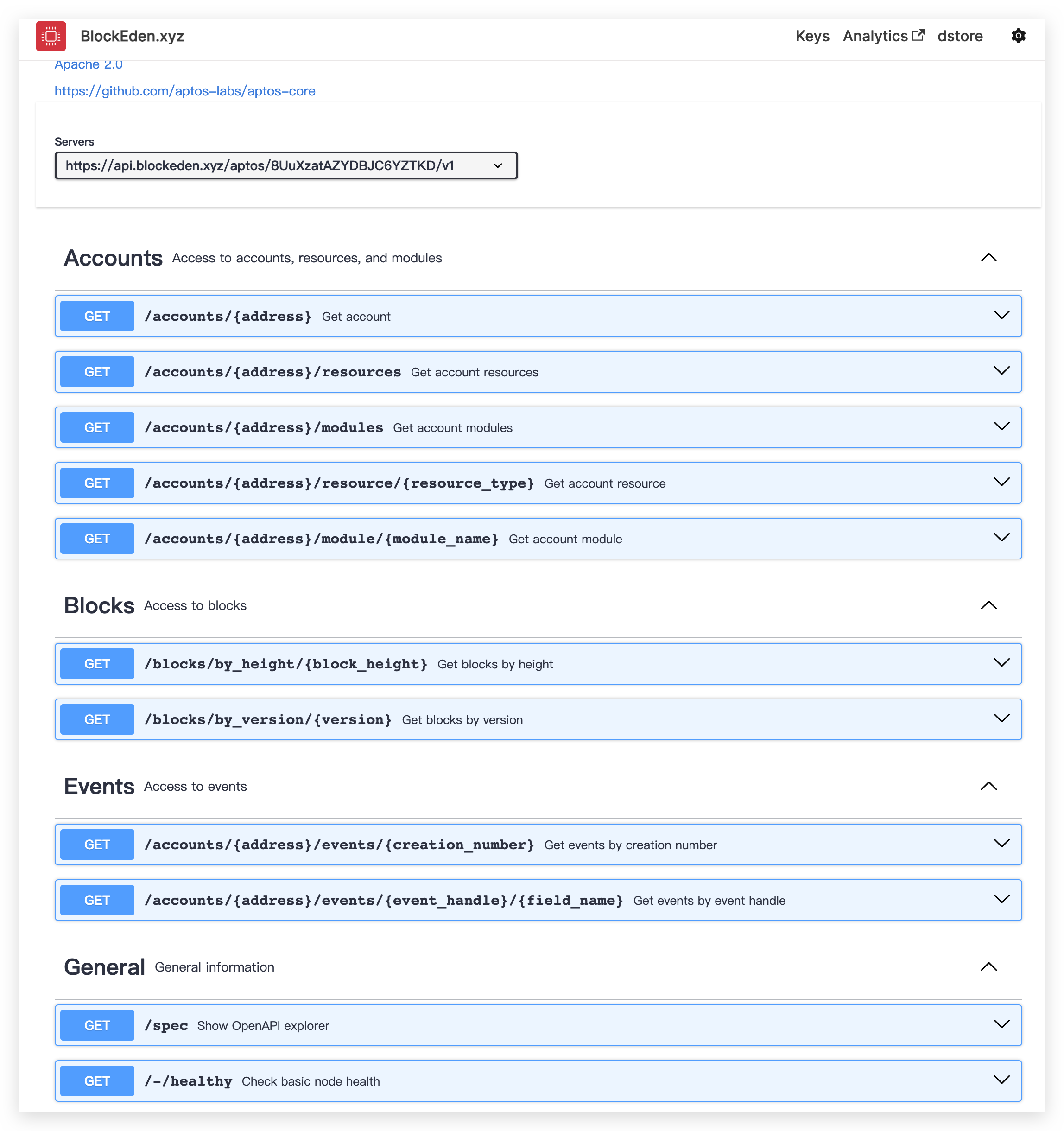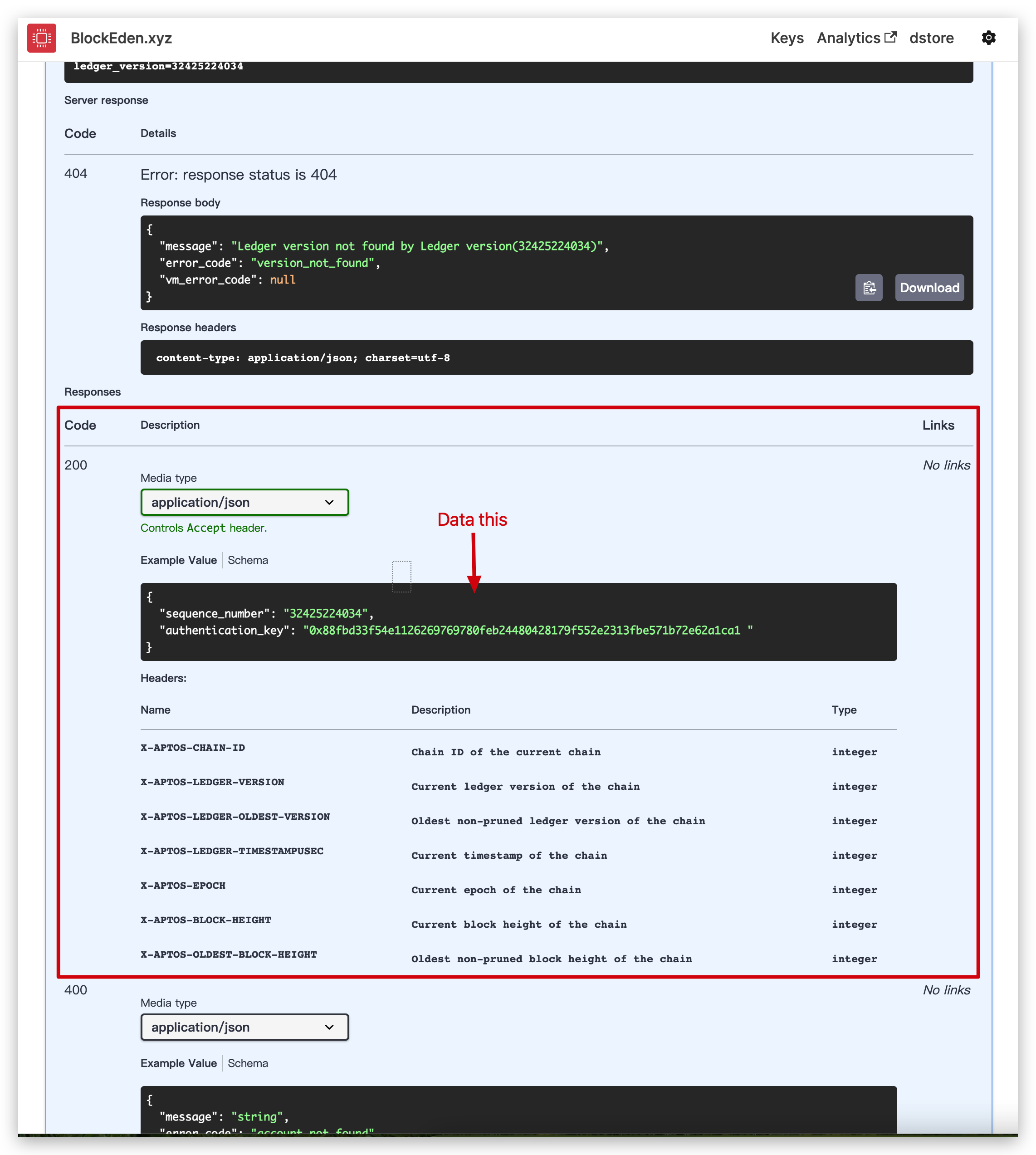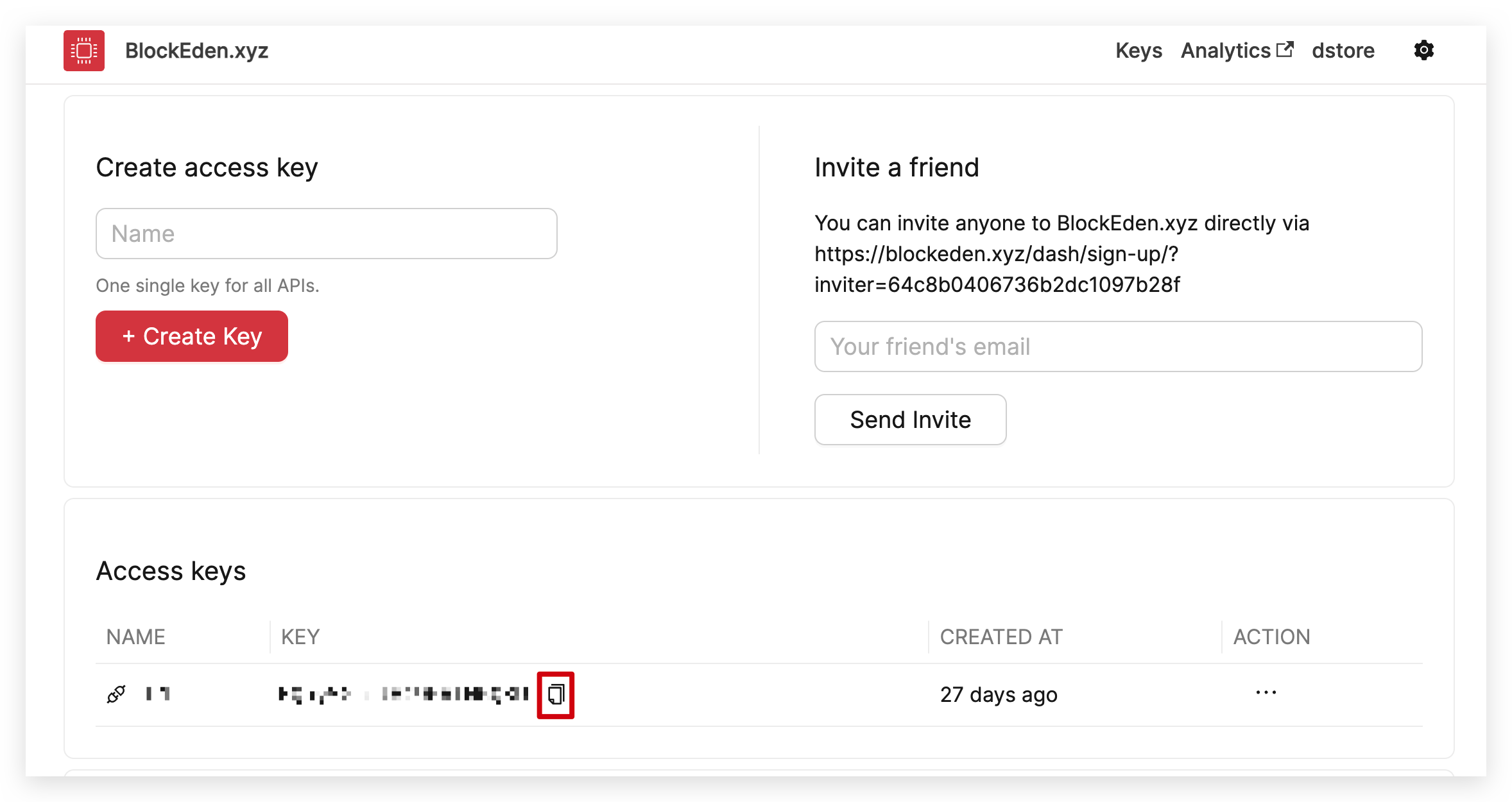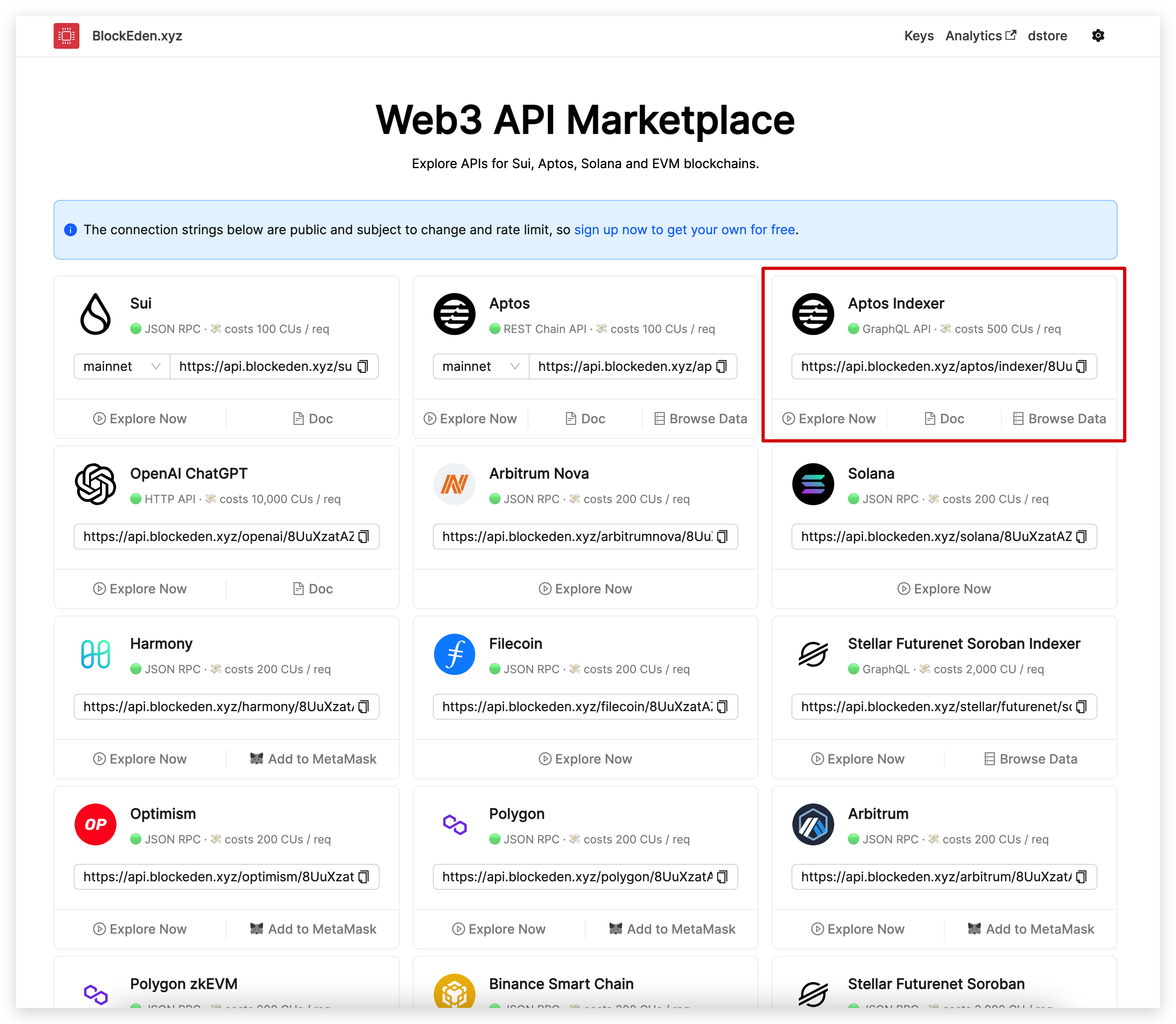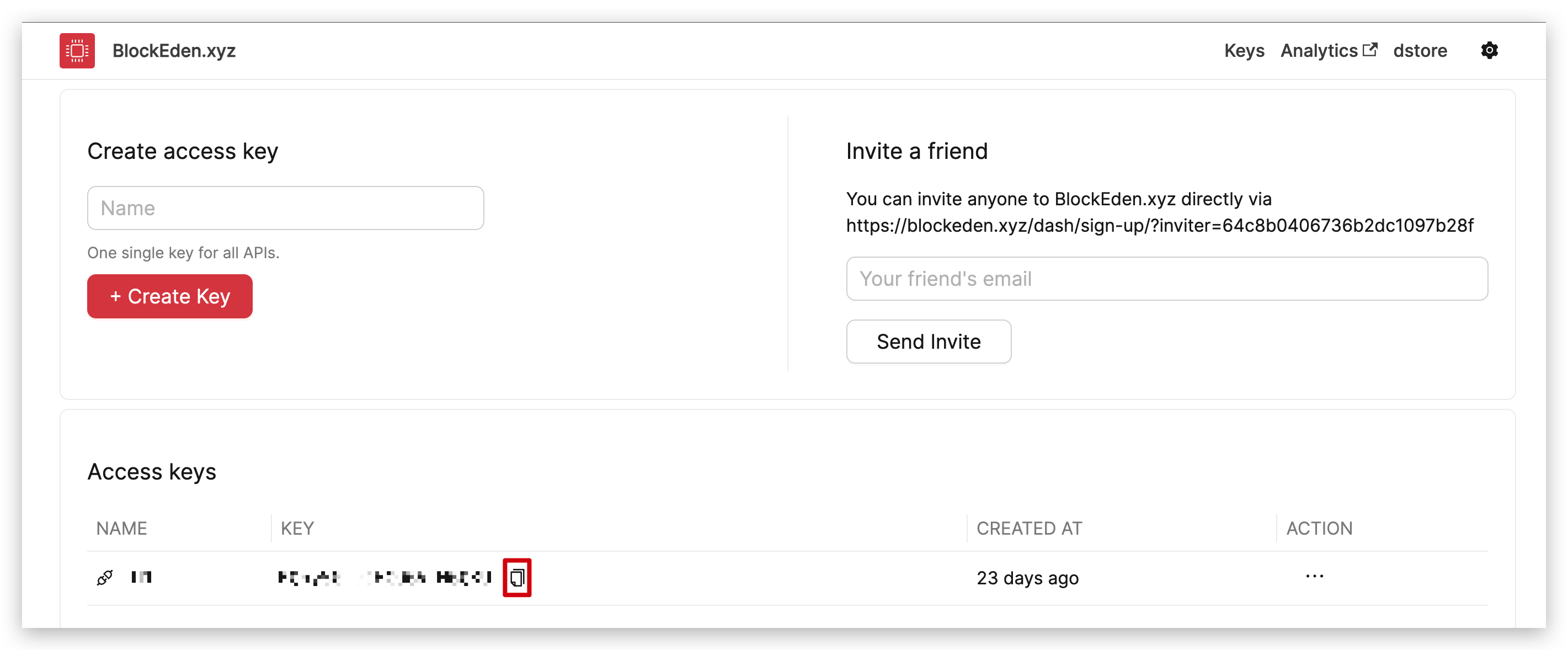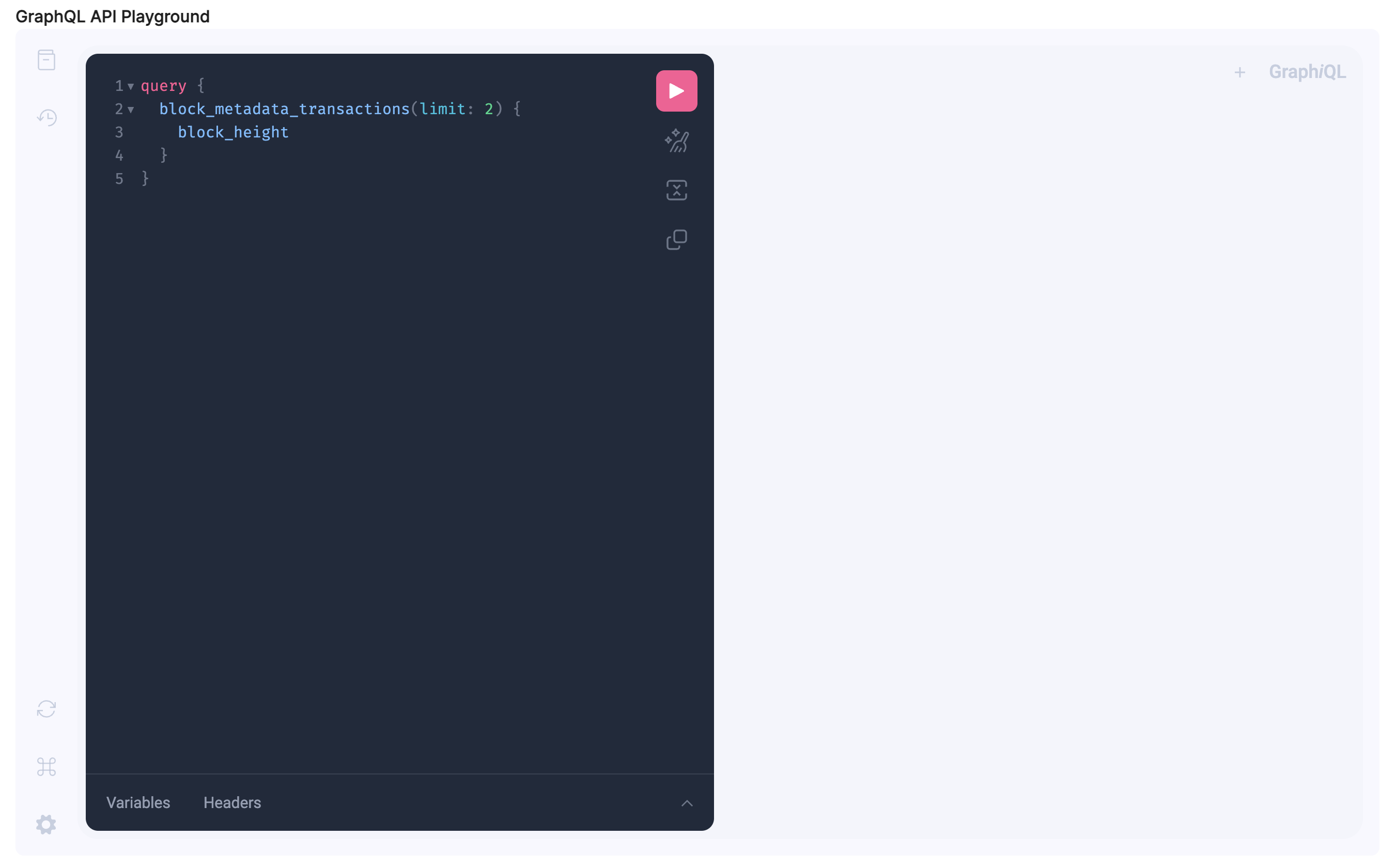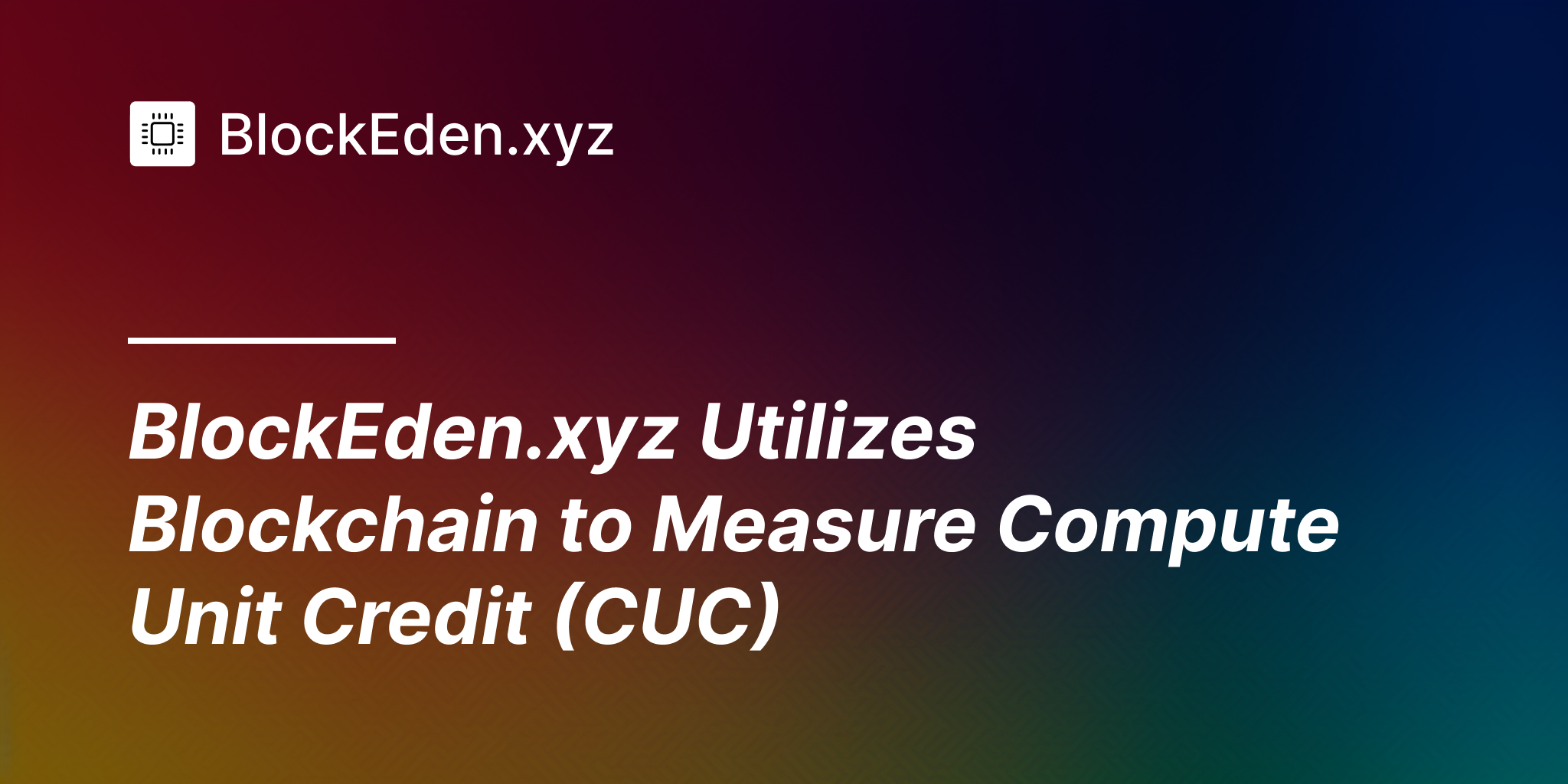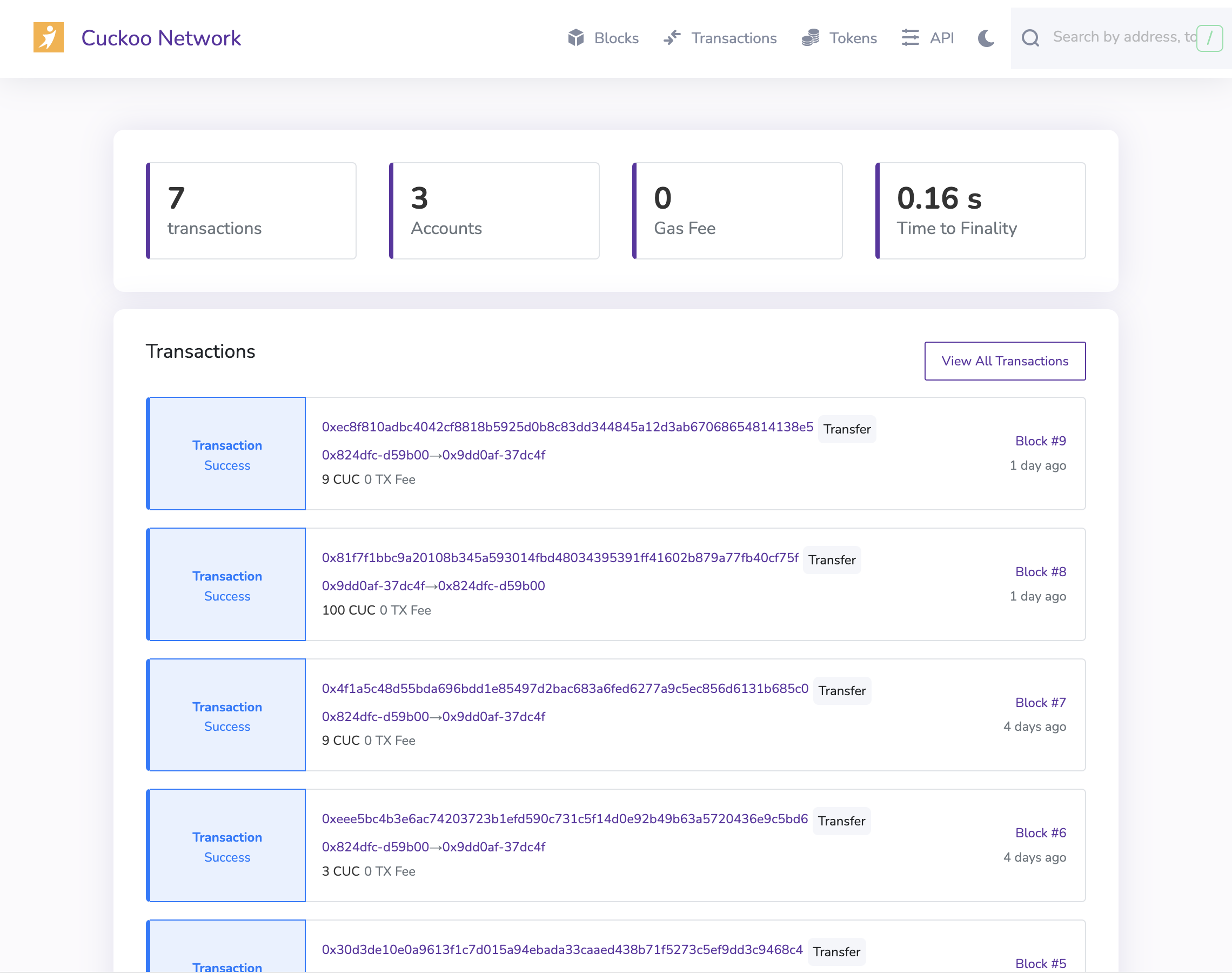BlockEden.xyz Decentralizes AI with the AI-to-Earn Platform Cuckoo Network
BlockEden.xyz is renowned for enhancing blockchain decentralization, interoperability and asset utility. The partnership with Cuckoo Network extends BlockEden’s influence into the decentralized AI sector, leveraging our blockchain expertise to support Cuckoo’s AI-driven ecosystem.
Cuckoo Network introduces a decentralized framework for AI development, addressing key challenges like privacy, censorship, and computational accuracy. By integrating AI with blockchain technology, Cuckoo enables a more robust and user-governed AI infrastructure.
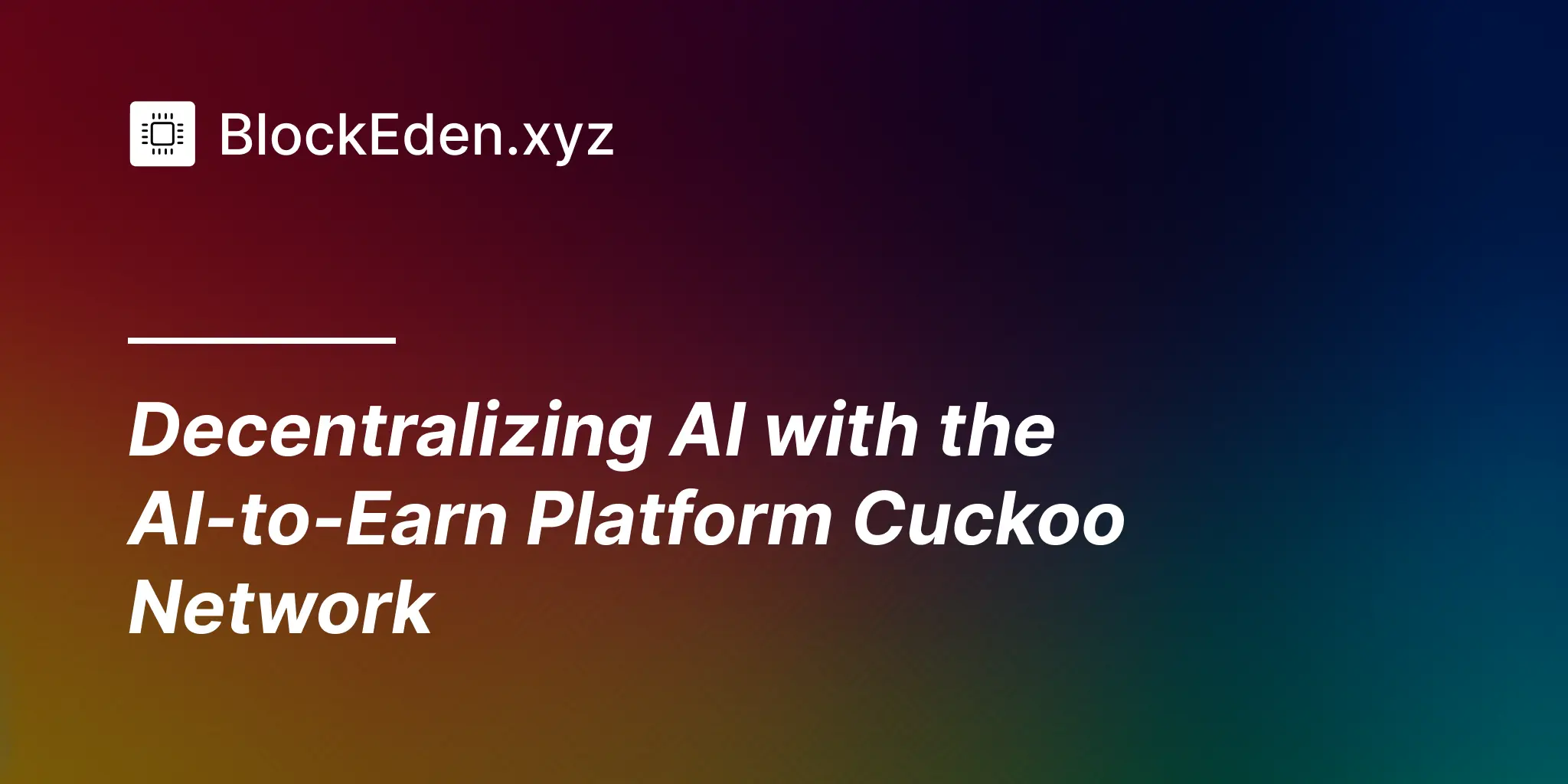
Strategic Synergies
The collaboration between BlockEden.xyz and Cuckoo Network focuses on several strategic areas:
Technology Integration
BlockEden.xyz will utilize its blockchain infrastructure to enhance the security and efficiency of Cuckoo’s decentralized AI tasks. This involves providing high-performance node operations that support the Cuckoo ecosystem, ensuring reliable and continuous AI task processing and validation.
- Cuckoo AI (Pre Alpha) https://blockeden.xyz/api-marketplace/cuckoo-ai is a decentralized AI node for coordinators. You can use it now to generate images.
- Cuckoo Chain (Pre Alpha) https://blockeden.xyz/api-marketplace/cuckoo-chain is a test blockchain L2 for AI.
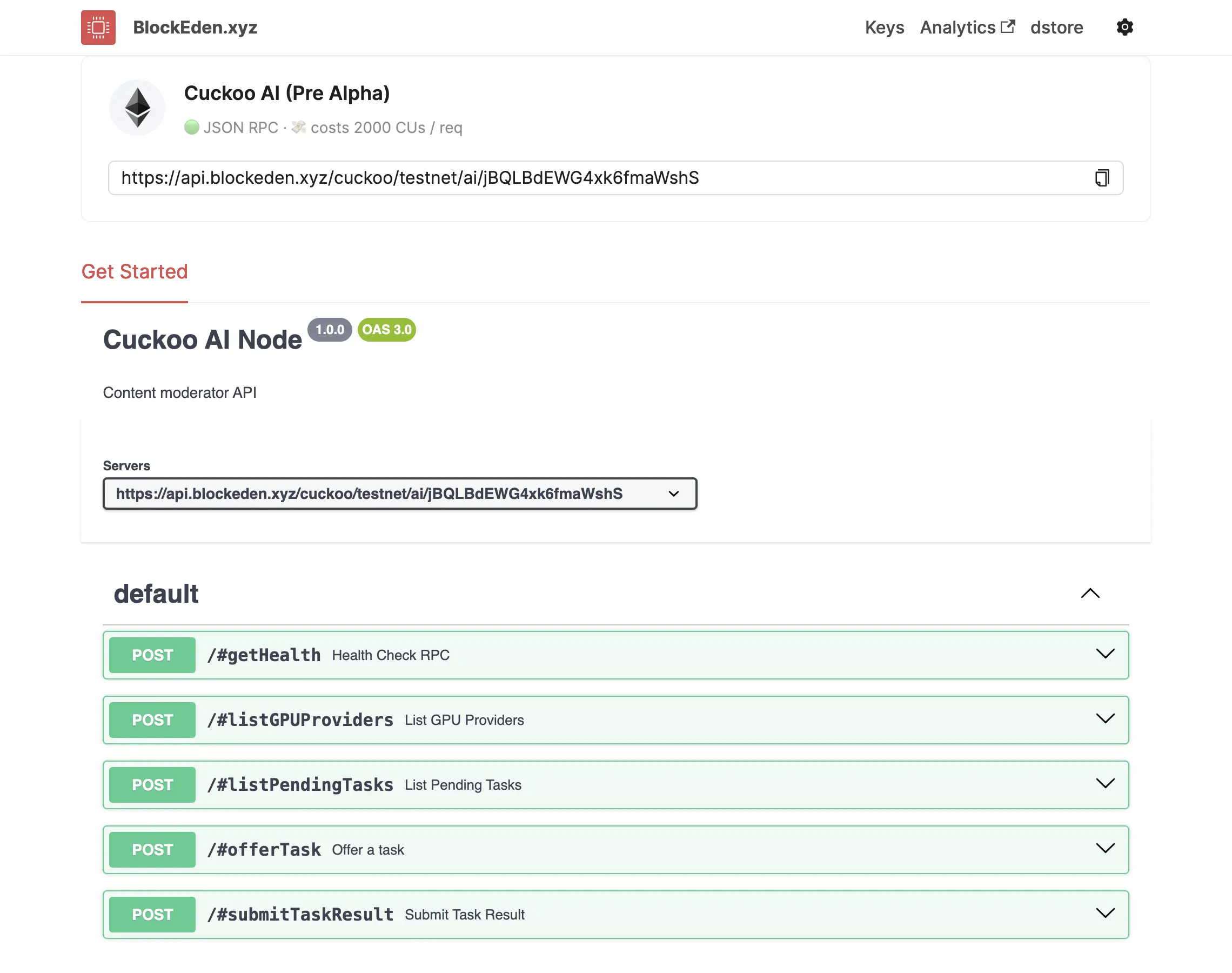
Validator Role and Network Security
Through this partnership, BlockEden.xyz will serve as a validator for the Cuckoo Network, enhancing network security and stability. This role is pivotal in ensuring the integrity and reliability of decentralized AI task processing on Cuckoo’s platform. As a validator, BlockEden will leverage its blockchain expertise to facilitate robust and secure AI operations, benefiting the broader blockchain and AI ecosystems.
Community and Ecosystem Development
BlockEden.xyz and Cuckoo Network will jointly work on community engagement initiatives, aiming to foster a collaborative environment for developers, AI enthusiasts, and blockchain advocates. This includes educational programs, joint workshops, and hackathons to encourage innovation and practical solutions in the intersecting fields of AI and blockchain.
Anticipated Outcomes
The partnership is set to deliver significant advancements in how blockchain and AI technologies interact. Key outcomes include:
- Enhanced Decentralization: By operating nodes across key regions, BlockEden.xyz will help decentralize the Cuckoo AI network, promoting a more resilient and secure ecosystem.
- Advanced AI Solutions: Leveraging BlockEden’s blockchain expertise, Cuckoo Network will enhance its AI model development, ensuring greater accuracy and privacy in AI operations.
- Broadened Developer Tools: Together, both entities will develop and provide advanced tools for developers, such as specialized APIs for blockchain and AI interactions, enriching both ecosystems.
Conclusion
The partnership between BlockEden.xyz and Cuckoo Network represents a significant advancement toward a future driven by decentralized technologies in AI and blockchain. This alliance supports our shared vision for a decentralized, secure, and efficient digital future, while establishing a precedent for using blockchain technology to enhance the capabilities and global reach of AI solutions.
Both BlockEden.xyz and Cuckoo Network are excited to explore this collaborative journey, confident that together, we can pave the way for groundbreaking developments in both domains.
- Cuckoo Website: https://cuckoo.network/
- Cuckoo Network Telegram: https://cuckoo.network/tg
- Twitter: https://twitter.com/BlockEdenHQ
- Discord: https://discord.gg/eWZvE4RSBw
- Source Link: https://blockeden.xyz/blog/2024/04/22/partner-with-cuckoo-network/
